The most unworthy Oscar winners in history
The history of Oscar winners is littered with the unworthy or the lesser candidate which for whatever reason got the nod. Can you pick them?
OPINION
It’s the moment the world has been waiting for and tomorrow in 225 countries across the planet more than a billion people will be hanging off the words: “And the Oscar for Best Picture goes to …”.
And the answer to that has more than once produced gasps of horror.
Yes, it could be another shocking Oscar upset in a history of them when the Academy Awards’ most coveted prize doesn’t go to the movie you think deserved it.
Will today bring yet another controversy and, behind the scenes, angry chatter about who really deserved to win?
Last year, when Green Book won, it raised many eyebrows, caused at least one stony stare and an Oscars auditorium storm-out (by Spike Lee).
Some of the fun of watching the Academy Awards is seeing the surprise victories.
But the history of Oscar winners is littered with the unworthy or the lesser candidate which for whatever reason got the nod.
The faceless men and women of the pompously-named Academy of Motion Picture Arts and Sciences have frequently got it wrong, and sometimes for the worst of reasons.
The most outrageous example was Harvey Weinstein’s shameless campaign to blackmail the Academy into giving him best picture at the 1999 Oscars for Shakespeare in Love.
It was one of the biggest best picture upsets in Oscar history, achieved by an aggressive and hugely controversial campaign by Weinstein.
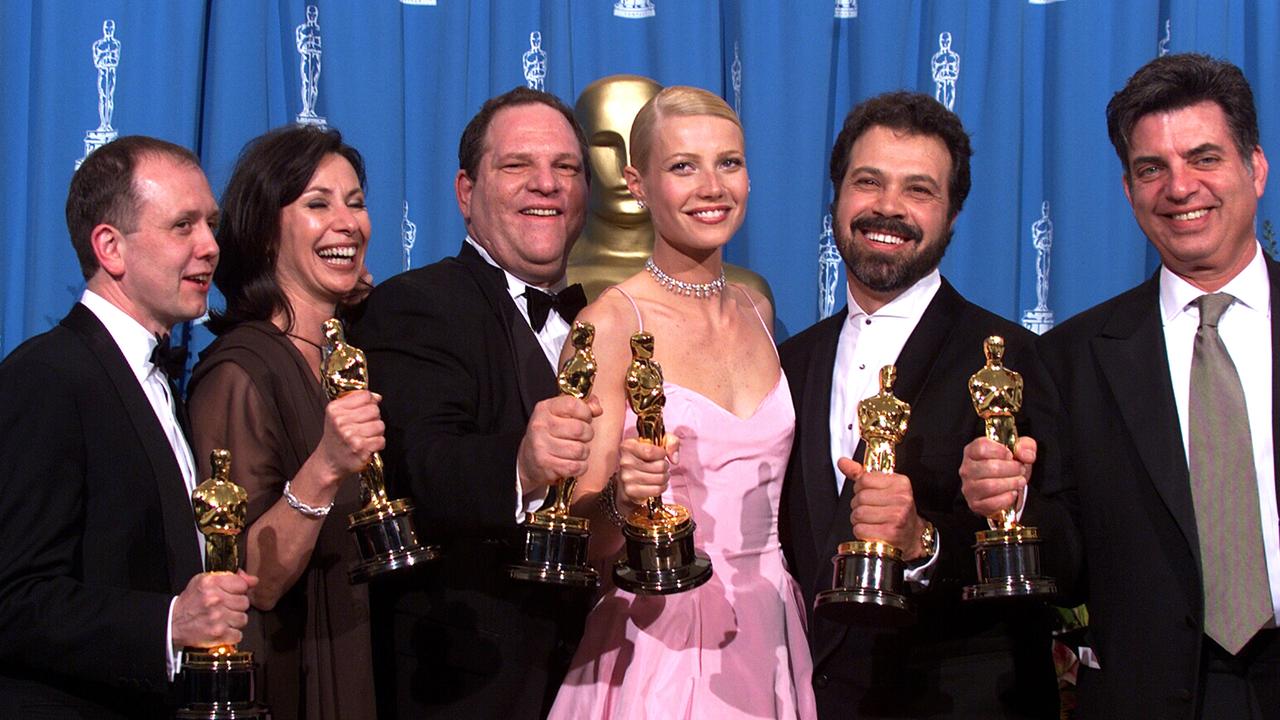
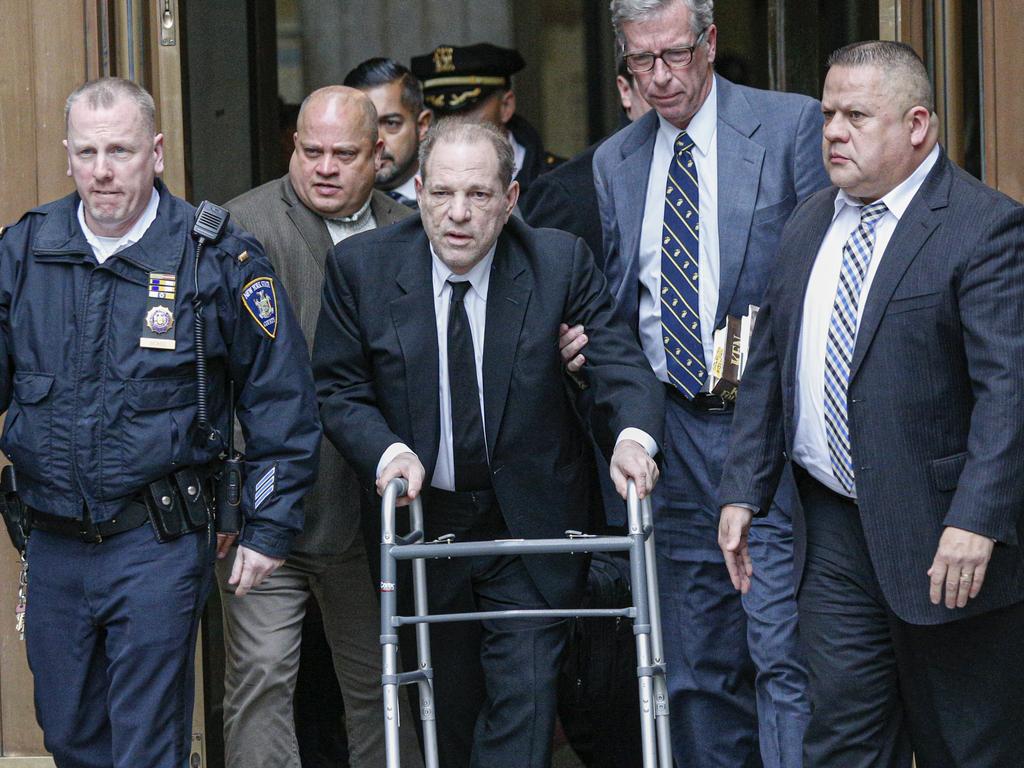
The now disgraced movie mogul achieved the nigh impossible by stealing Steven Spielberg of his Oscar sure thing for the World War II epic, Saving Private Ryan.
Snatching victory from a commercial and critical smash hit made by the king of Hollywood is no mean feat, but Harvey pulled out all stops.
His overrated romantic comedy earned massive success at the 71st Academy Awards in March 1999.
Around the time as we now know Weinstein was paying off actresses and film industry assistants for sexual harassment and unwanted physical contact, he was orchestrating his aggressive Oscar blitz for Shakespeare in Love (SIL).
As Vanity Fair revealed two years ago, after his crown had slipped, Weinstein brought “the rough-and-tumble style of political campaigns to the staid and clubby Academy”.
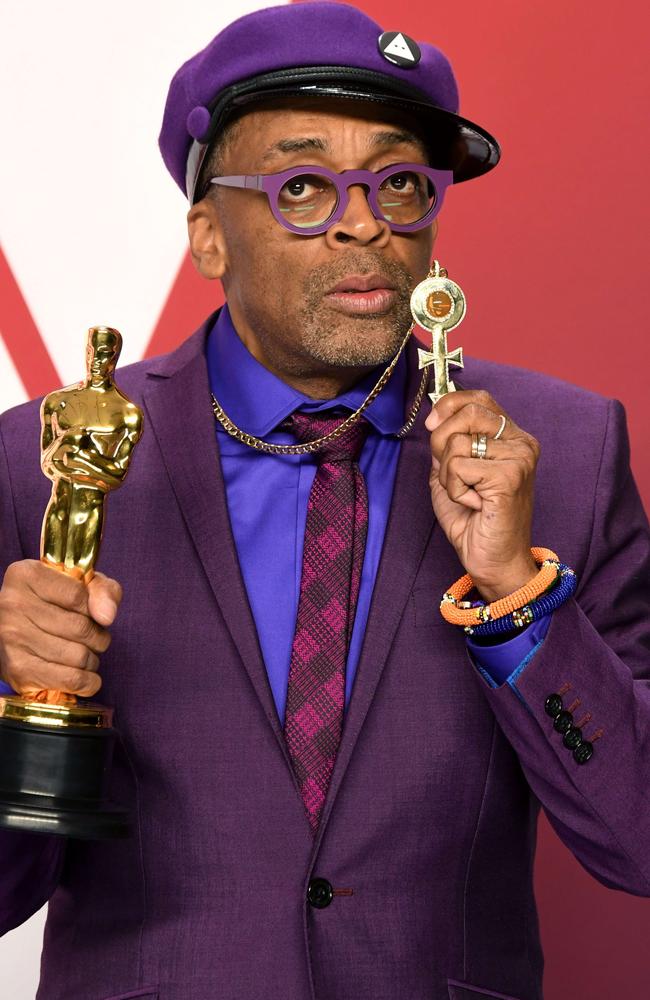
Despite an enthusiastic response to SIL at its 1998 New York premiere, at its Los Angelers showing in the Academy’s own theatre, the response was more muted.
Weinstein responded by ratcheting up his marketing campaign.
It became, Vanity Fair wrote, like “hand-to-hand combat in the form of screenings, parties, and non-stop publicity … an unprecedented blitzkrieg of press”.
He invited Academy members to parties, lobbied members and began a covert negative campaign about Saving Private Ryan which said Spielberg’s film was nothing more than a terrific opening battle scene.
It worked. SIL won seven Oscars including best picture and Spielberg won best director and his film got just four more Oscars.
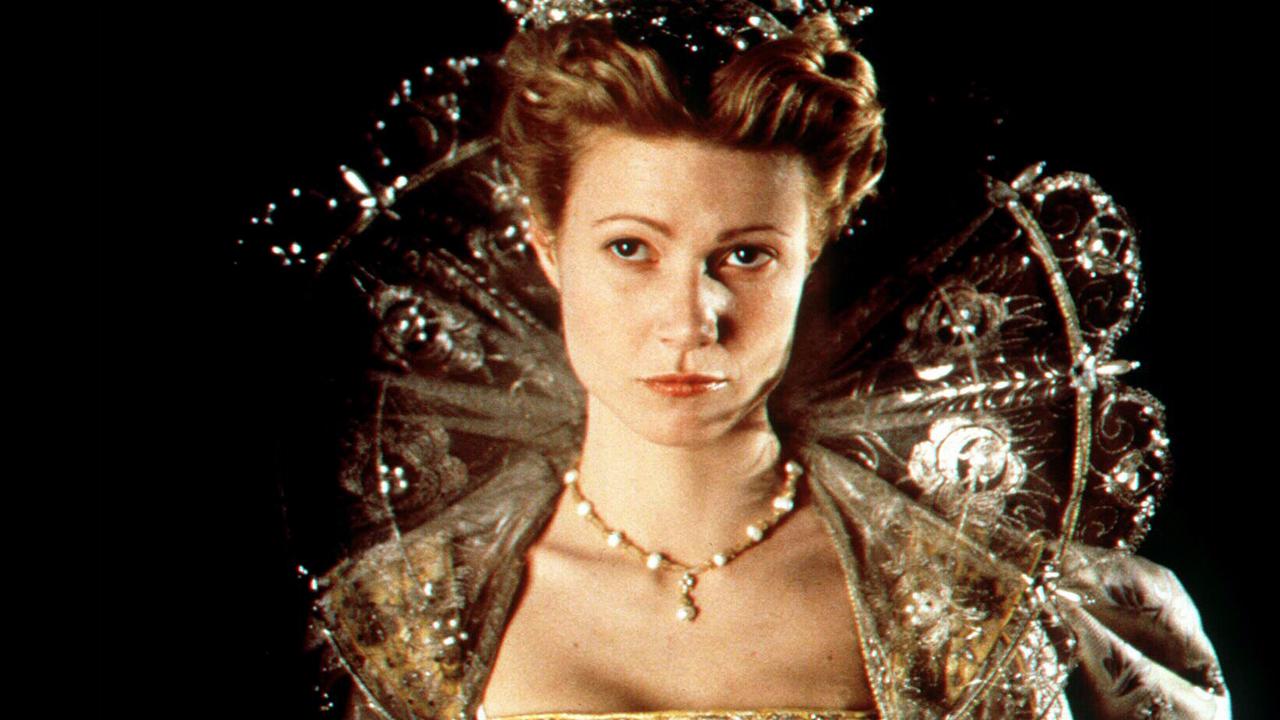
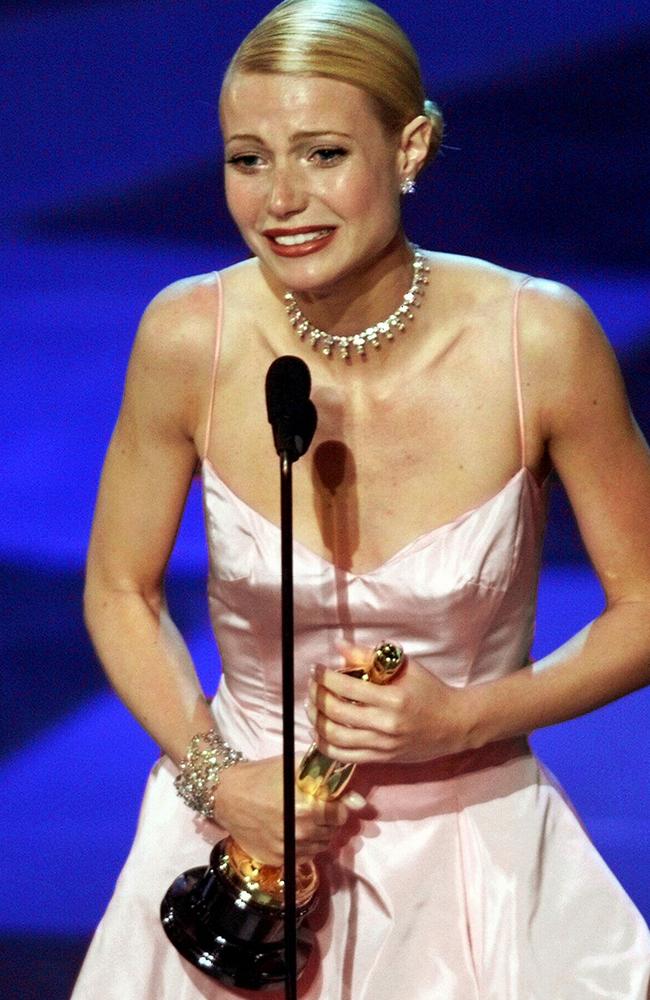
As for brazen campaigning for the votes of the Academy, the genie was out of the bottle.
While these days SIL is considered not exactly goop, it doesn’t make the American Film Institute’s list of the 100 greatest American films ever made.
The film it beat, Saving Private Ryan, is on the list at number 71.
On top of that list is Citizen Kane, which lost out for best picture after another dirty campaign of Hollywood politics (see below).
Weinstein’s triumph and the film’s best Actress Oscar winner Gwyneth Paltrow’s subsequent disclosures about him should give pause to the Academy.
Paltrow more recently told the New York Times that during a hotel meeting with Weinstein when she was aged about 20, he touched her and suggested they go to the bed for a massage.
She declined.
In 2017, the Academy stripped Weinstein of his life membership saying he did “not merit the respect of his colleagues” and citing its “ethical standards of conduct”.
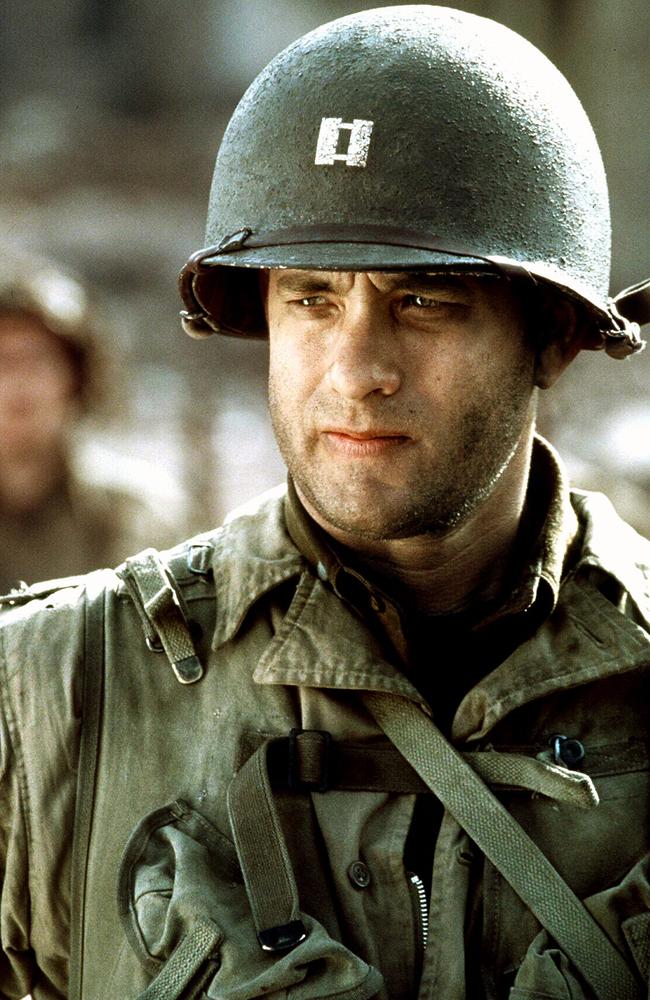
Weinstein’s putrid stain has hung over Oscars night for two years now, but never has it coincided as it is doing in 2020 with an onrunning trial airing claims about Hollywood’s ghastly underbelly.
In the past, the Academy has often tried to right its past wrongs by suddenly, bizarrely, giving Oscars for curious roles.
It’s too late for veteran actress Lauren Bacall who was tipped to win a best supporting actress Oscar for The Mirror Has Two Faces.
The statuette was taken home by Juliet Binoche for Weinstein’s movie, The English Patient.
Bacall went to her grave Oscar-less and blaming an aggressive Harvey Weinstein marketing campaign for robbing her of her last hope.
In the year Saving Private Ryan lost best picture, Tom Hanks lost out for best actor for the same film, along with Ed Norton for American History X in the best actor category.
They were beaten by Robert Benigni for Life is Beautiful.
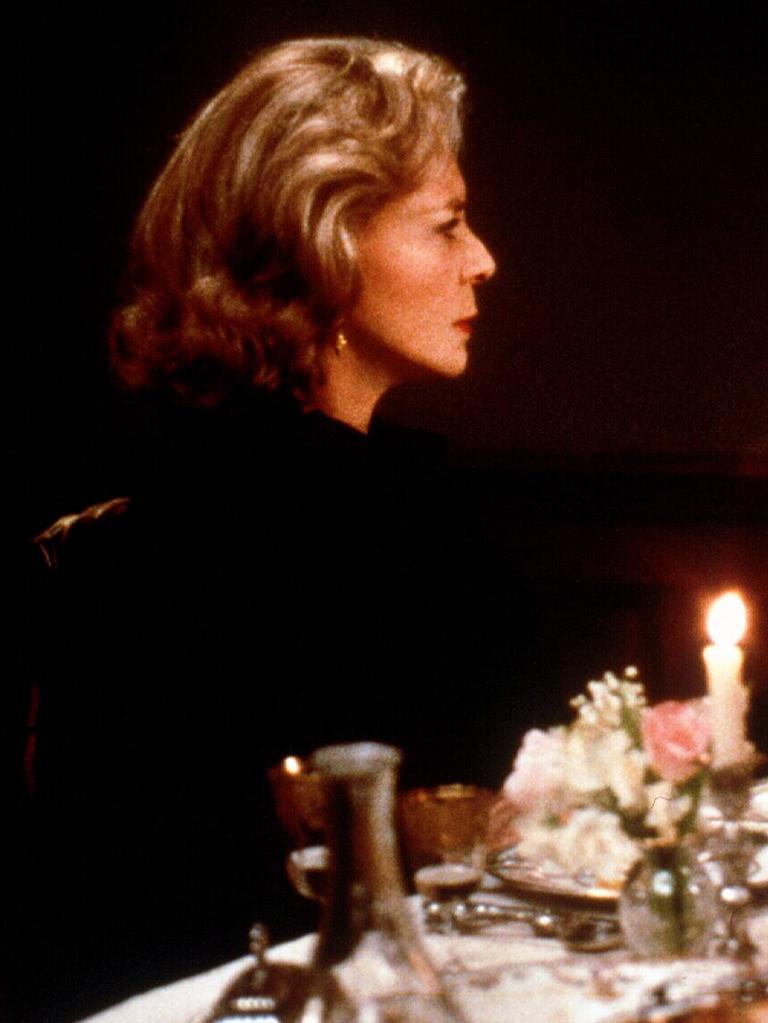
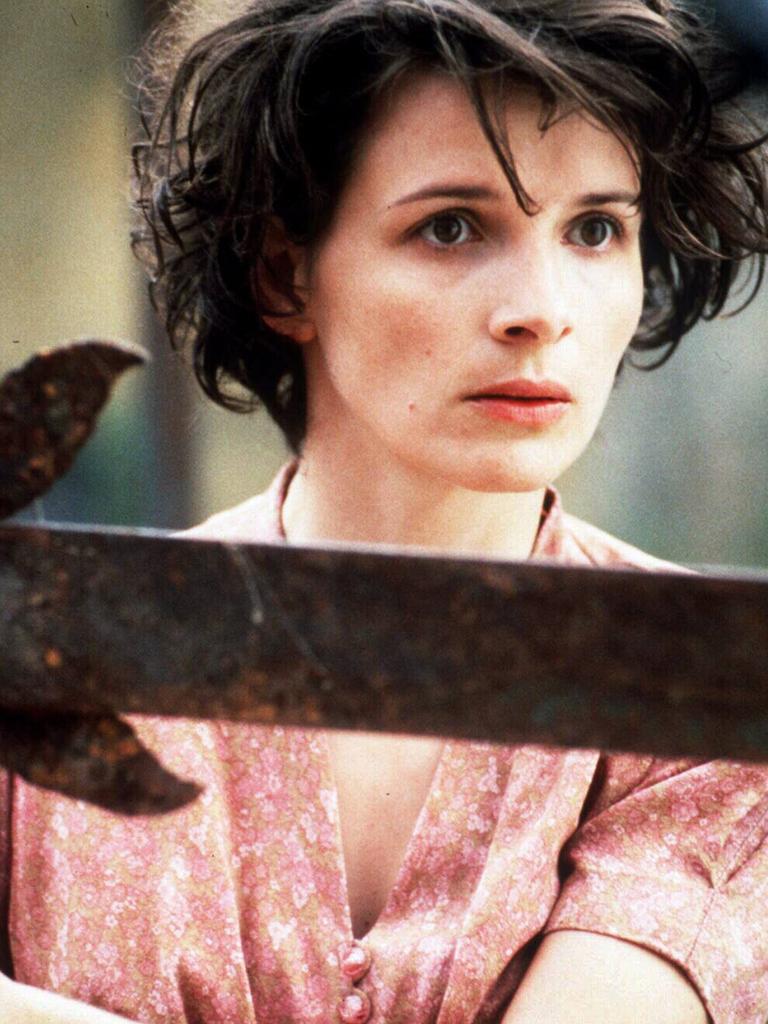
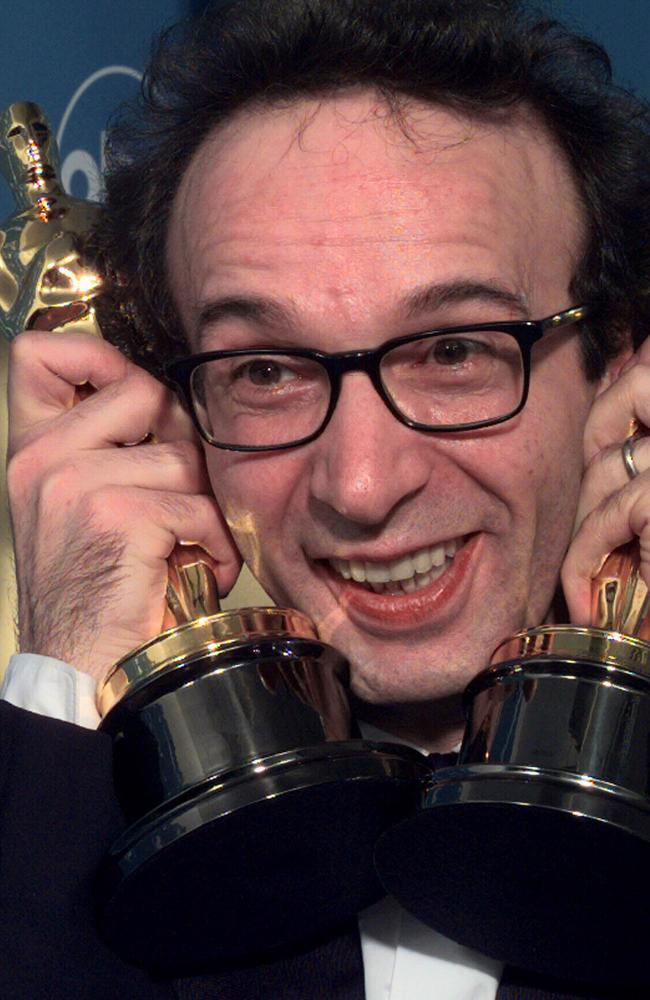
Of course some of the biggest Oscar upsets, or surprise wins have been in the actor categories.
For instance, when Al Pacino won his first Oscar for Scent of a Woman in 1992, most agreed it was not before time.
But it was a strange film to give him a gong, perhaps to make up for the fact he hadn’t taken home the Oscar for Serpico, The Godfather Part II, or Dog Day Afternoon.
Making up for past wrongs is part of the Academy's DNA.
Here is a list of some of the biggest upsets in best picture Oscar winners, which one should have won, and why I think this year’s hot favourite should lose in an upset.
2013
Winner: Argo. Should have won: Lincoln
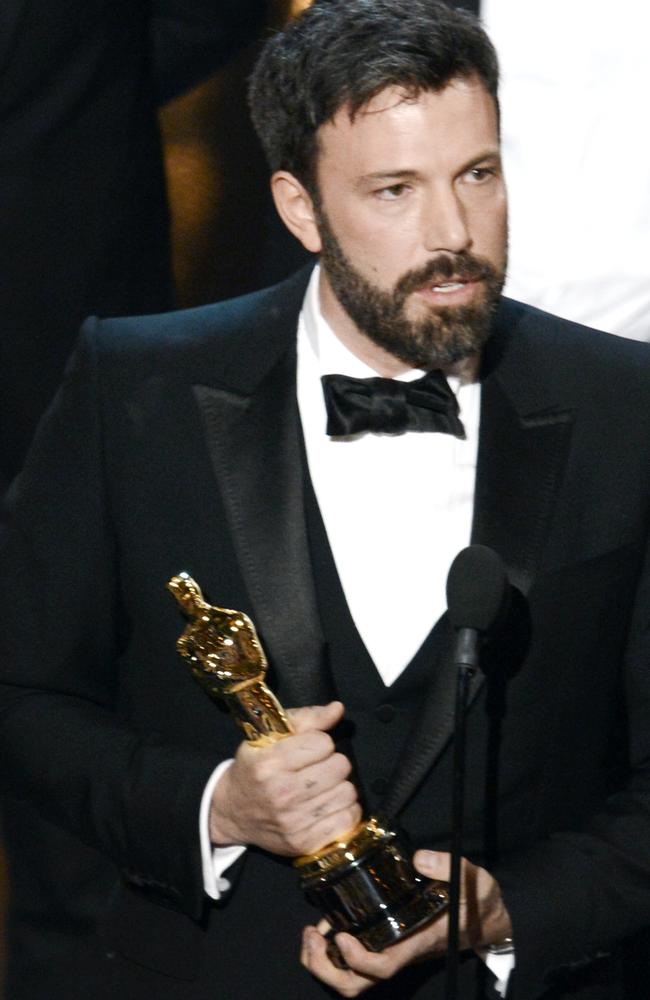
Steven Spielberg was robbed again at the 2013 Oscars when his epic Lincoln failed to win best picture.
Critically acclaimed, the highest grossing of all the nominees and attracting twelve (the most) nominations, Lincoln was the front runner.
Argo was a strong competitor going in, having won the Critics Choice and Golden Globes awards before the Oscars.
Ben Affleck’s film was an Iran hostage drama based on a true story about a CIA agent.
Lincoln was a true story about a legendary president who was assassinated starring Daniel Day-Lewis in the title role, but the movie was not proggressively marketed.
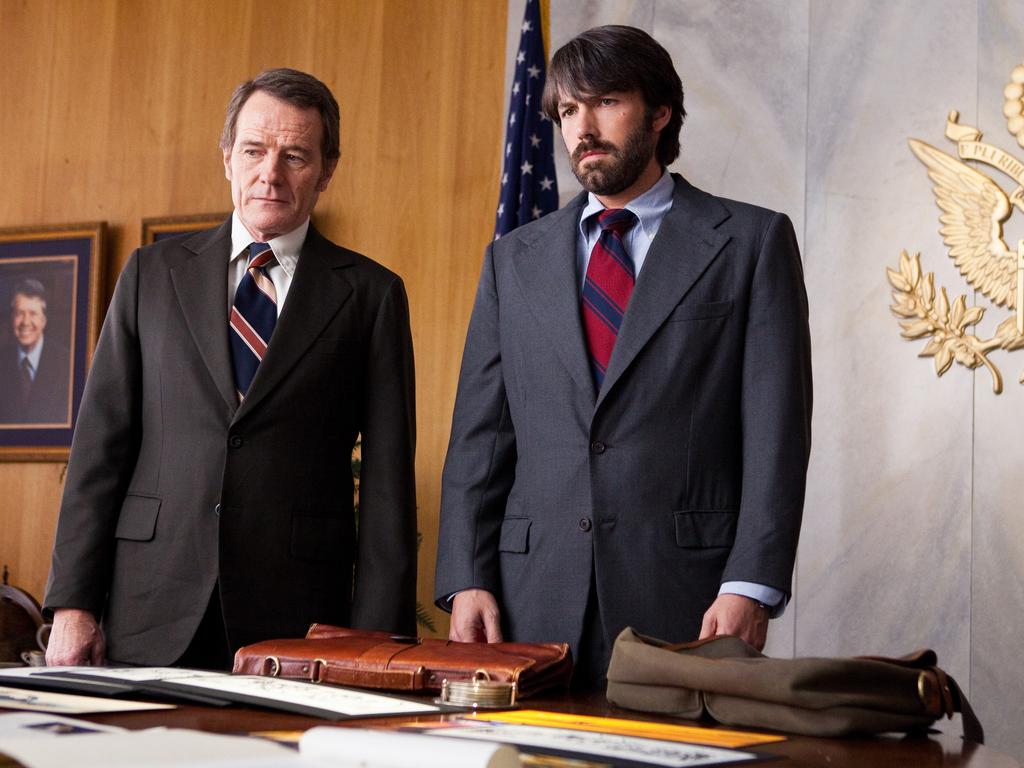
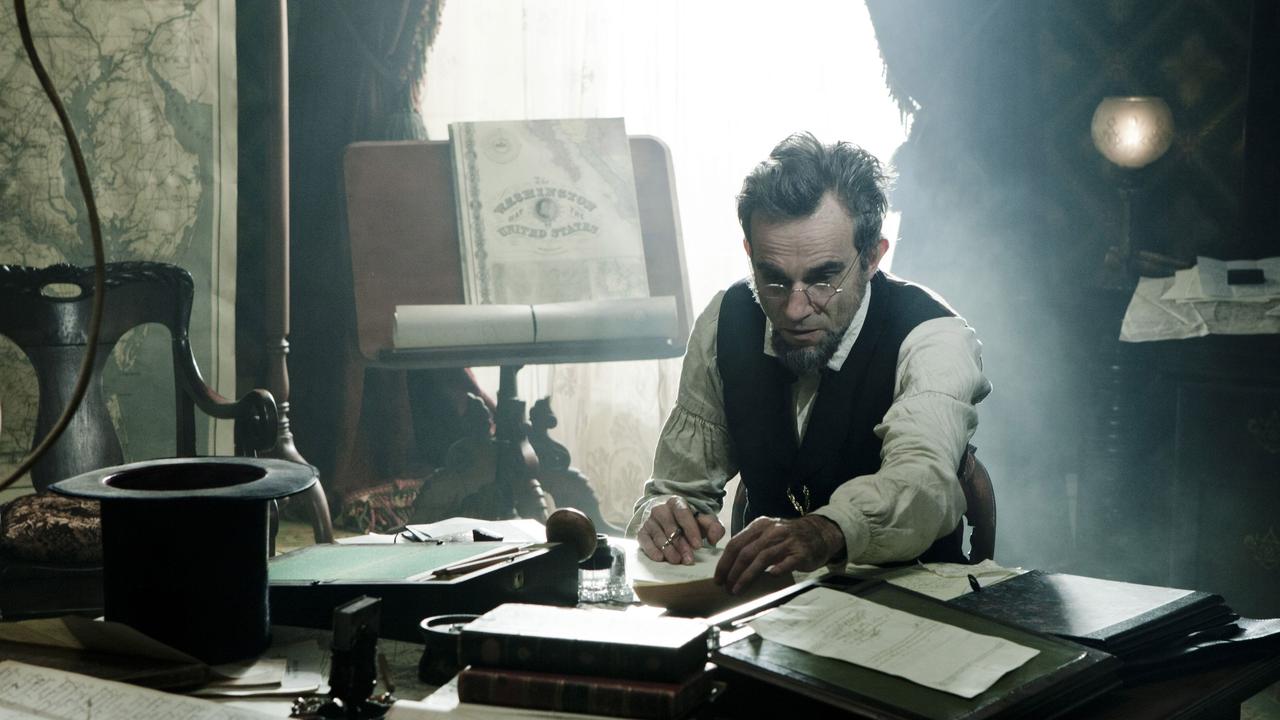
After a concerted publicity campaign to sell Argo, which was produced by George Clooney, it steamed ahead, nabbing three Oscars, for best picture, best supporting actor and best adapted screenplay.
Lincoln took home only two Oscars, best actor for Day-Lewis and the production designer’s gong, losing best director – for which Affleck was not nominated - to Life of Pi’s Ang Lee.
2011
Winner The King’s Speech. Should have won: The Social Network.
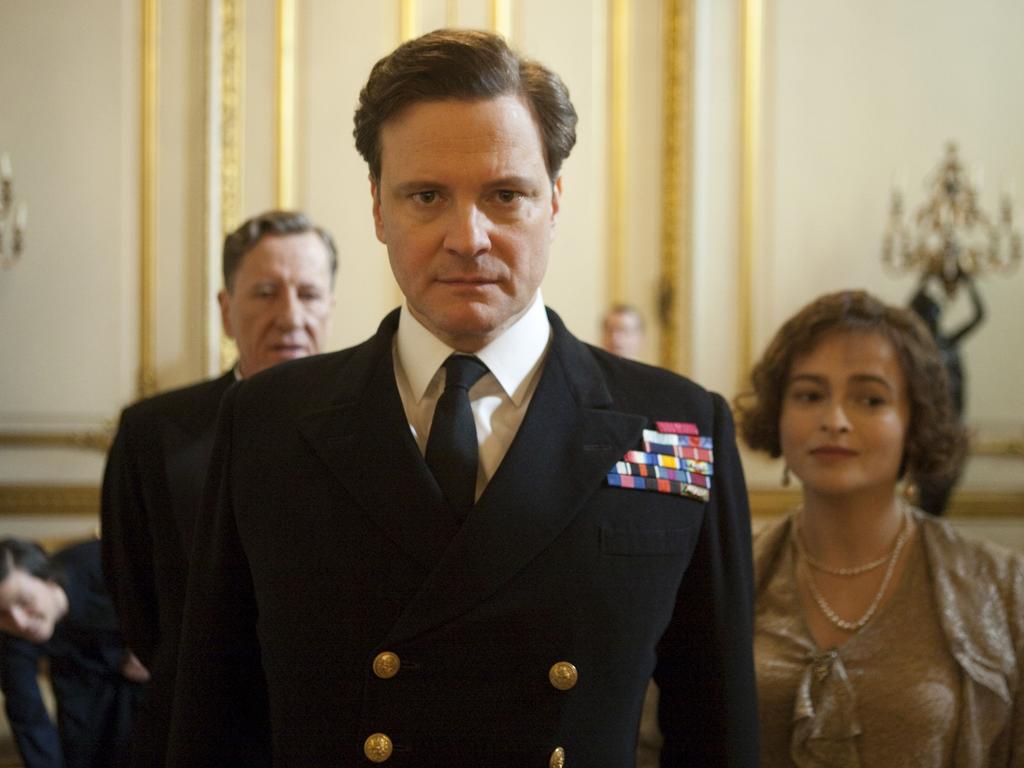
Again Harvey Weinstein was up against a big studio, in this case Sony Pictures with his period piece about British royalty, The King’s Speech.
The underdog was the edgy Aaron Sorking-scripted film about Facebook founder Mark Zuckerberg path from college campus internet whiz to billionaire.
The Social Network seemed to have it all, acting, editing, direction and score on top of a great screenplay.
It made the top ten on most film critics’ lists for the year it was made, 2010, and was nominated for eight Oscars.
Starring Colin Firth as King George VI (Queen Elizabeth II’s father), The King’s Speech tells the story of how he overcame a stutter after succeeding the throne following his brother’s abdication.

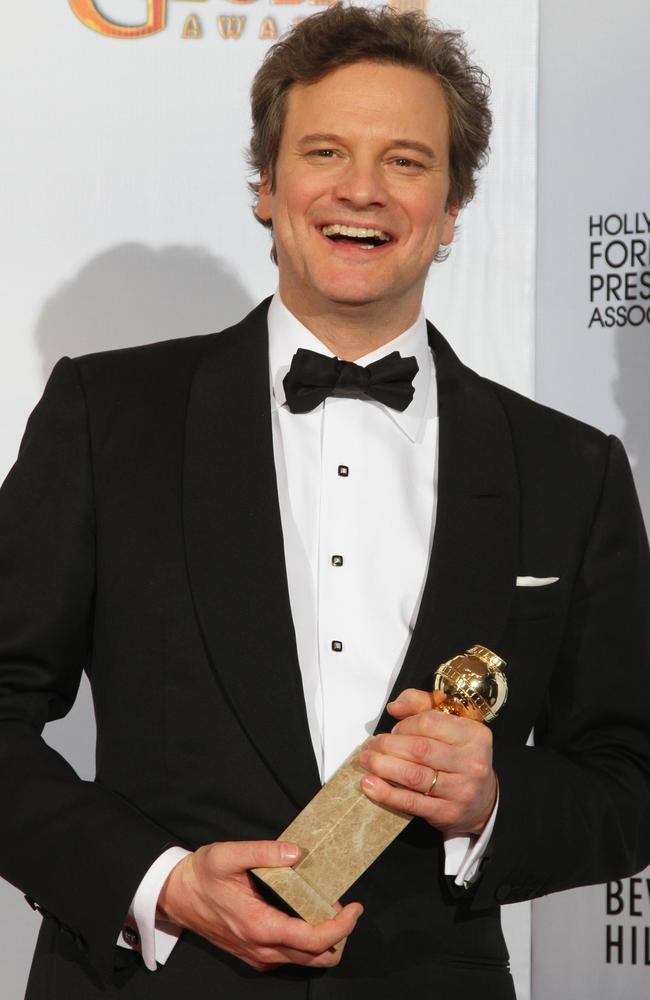
With Geoffrey Rush playing the monarch’s speech therapist and Helena Bonham Carter as the queen, the movie had plenty going for it.
That included a massive marketing campaign form the then unstoppable Weinstein.
After his and Colin Firth’s best actor wins, an elated Harvey said: “I am on Cloud 9. This win is so special because, after the Golden Globes, we were left for dead.
“We had lost all the critics award, every single one. But we stayed the course and that was key … It is great for my company. It has attracted many films and all kinds of new financing opportunities.”
In 2016, The Social Network was voted 27th among 100 films considered the best of the 21st century by 117 film critics from around the world
After Weinstein’s unmasking in 2017, Firth described him as “a powerful and frightening man to stand up to”.
2006
Winner: Crash. Should have won: Brokeback Mountain
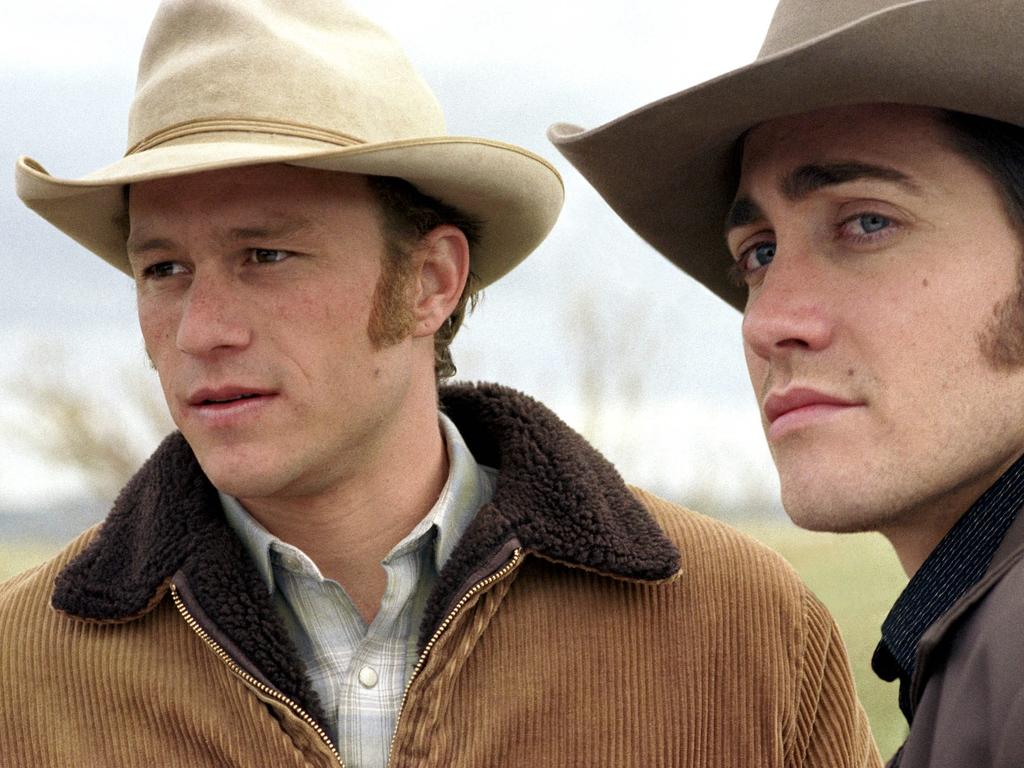
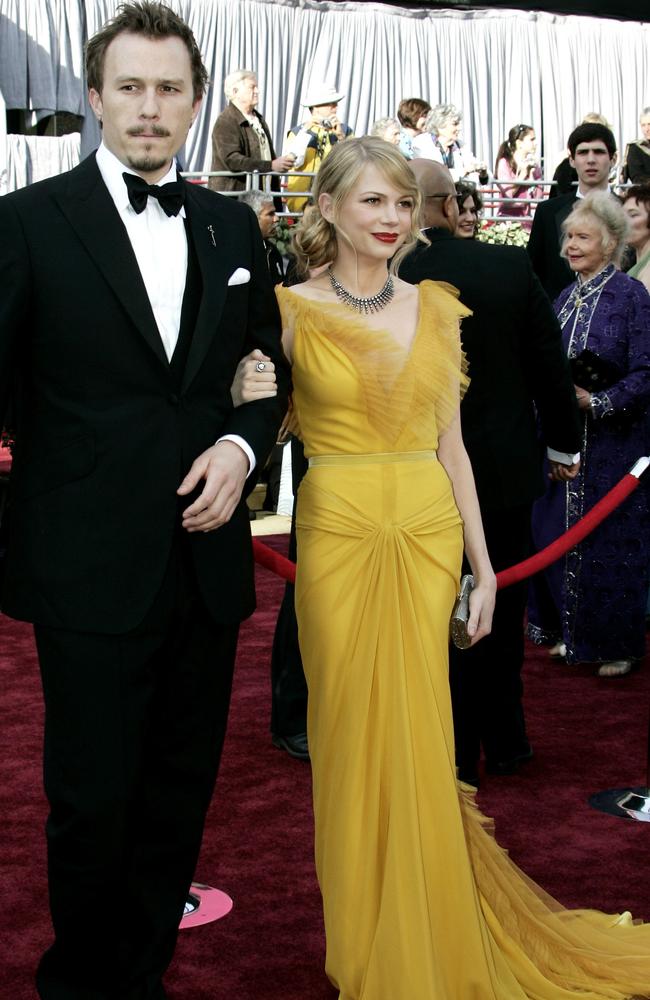
Crash, a race drama starring Sandra Bullock and Matt Dillon, tells the story of social and racial tensions in Los Angeles in the aftermath of a car crash and of 9/11.
Released in May 2005 by Lionsgate Films, it was not without its supporters and enjoyed some box office success, but was considered a “messy” plot.
Then Brokeback Mountain was released in December of that year, shooting into the top ten of critics’ lists, grossing $178m worldwide and starting its sweep at awards nights across the globe.
The film portrays the tortured romance between a rodeo cowboy (played by Jake Gyllenhaal) and a ranch hand (Heath Ledger) on a Wyoming ranch, starting in 1963.
Meanwhile Lionsgate had mounted a clever marketing campaign for Crash, and some conservative critics were against the homosexual love theme of Brokeback.
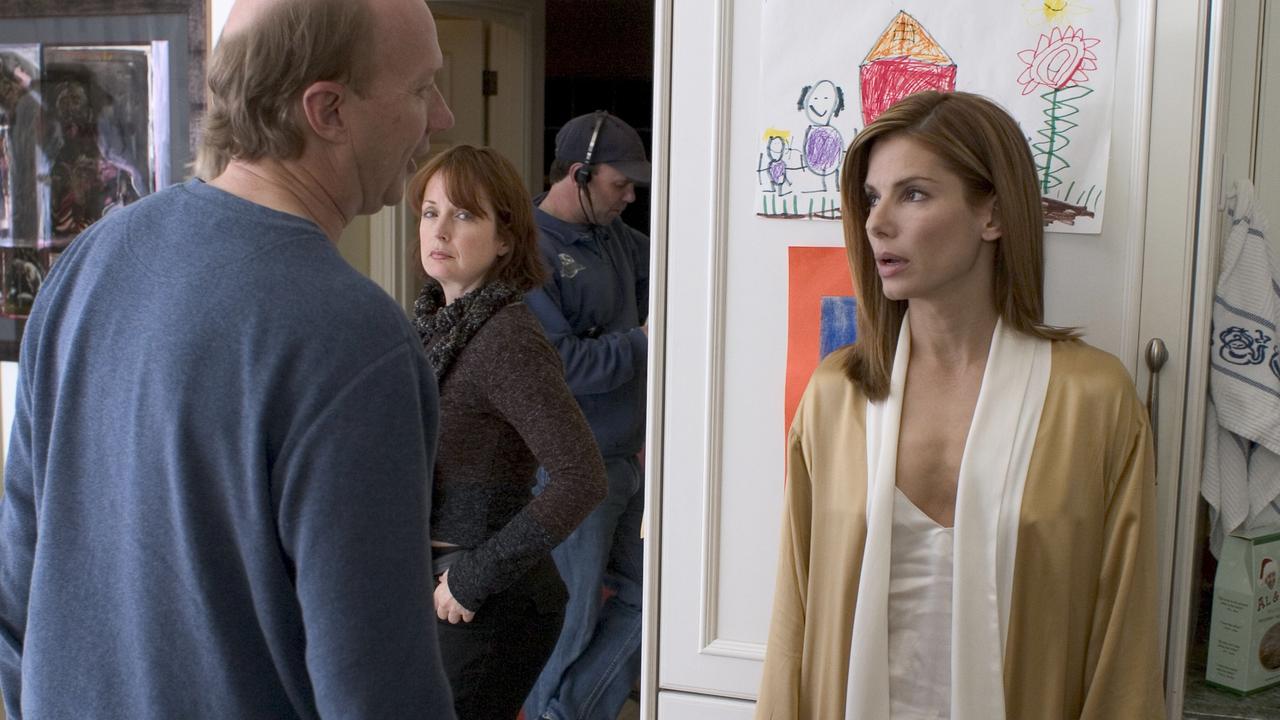
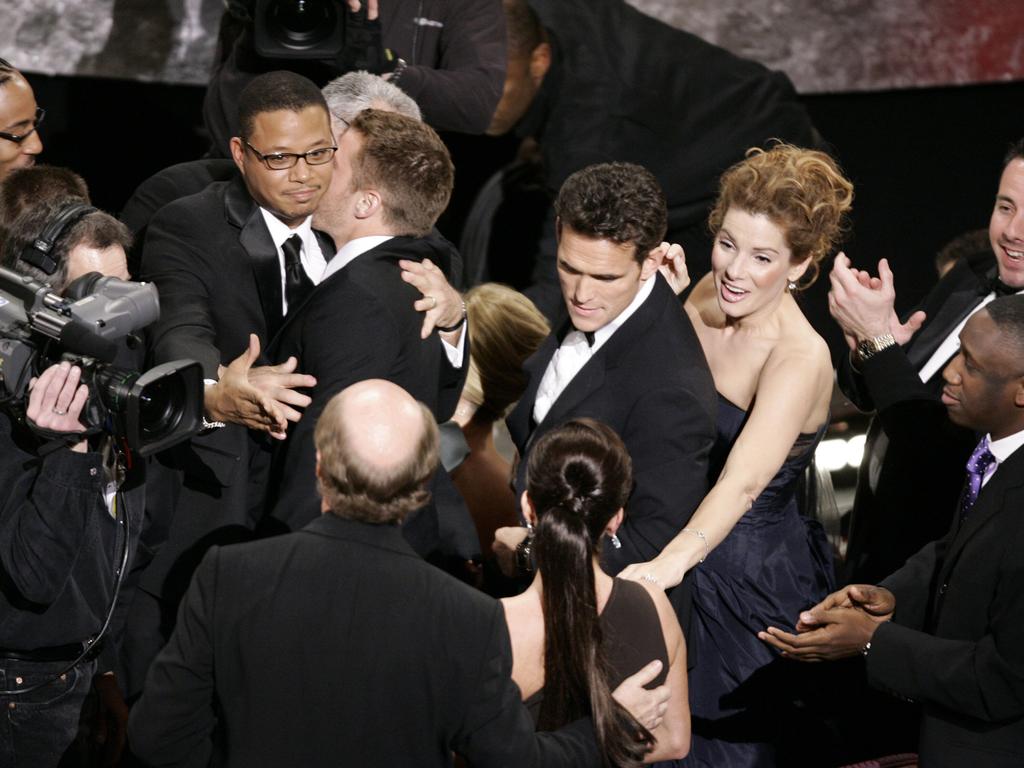
Brokeback won best picture and best director at The Golden Globes, the BAFTAs, Critics Choice, Producers Guild of America, Broadcast Film Critics Association, and independent Spirit Awards.
It also won best director or best film at five other festivals, including the Venice Film Festival.
Nominated for eight Academy Awards, Brokeback was the absolute shock loss for best picture on Oscars night in 2006.
It won three, for best director, best adapted screenplay and best original score.
That year, Crash became the lowest-grossing film at the US domestic box office to win Best Picture since The Last Emperor in 1987.
Now considered a classic, it is also among the work treasured posthumously of Australian actor Heath Ledger, who died from an accidental drug overdose in 2008.
1995
Winner: Forrest Gump. Should have won: Pulp Fiction, or The Shawshank Redemption.
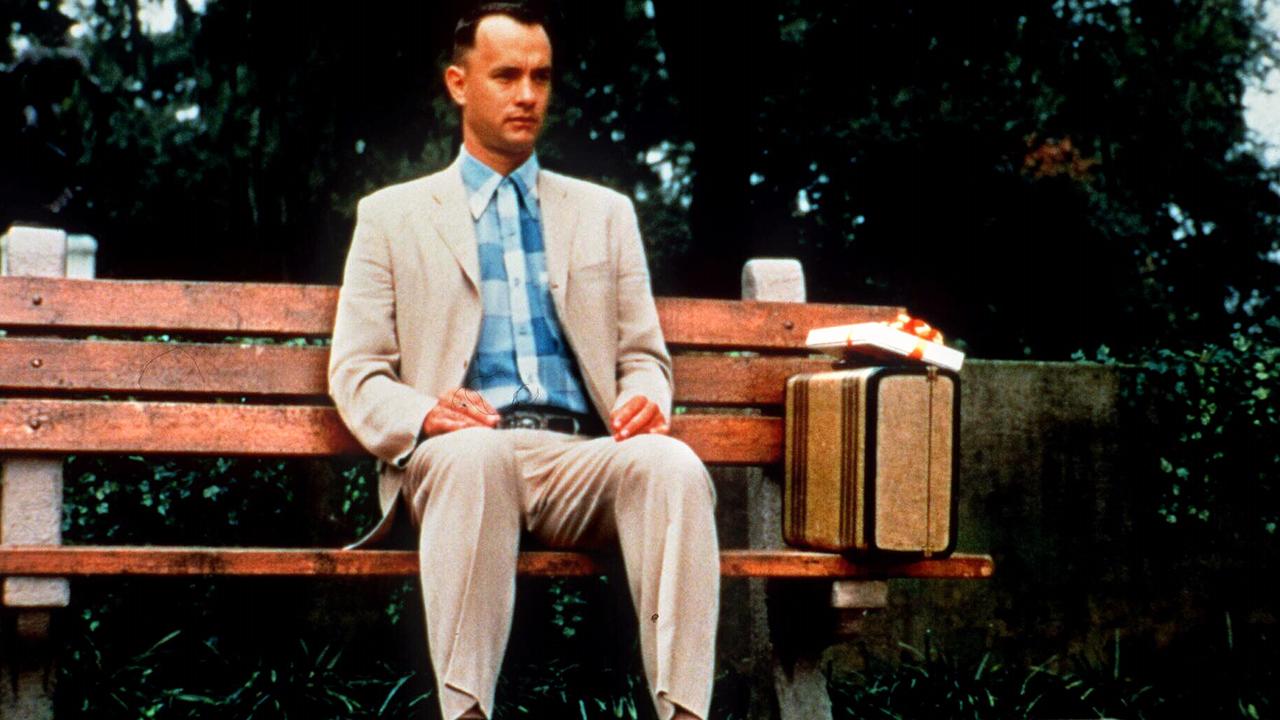
Tom Hanks portrayal of mentally slow but kind Forrest Gump with his childlike take on life and unwitting impact on great moments in history won favourable reviews.
It was considered overly sentimental, with its “life’s a box of chocolates” metaphors, but charming and not without grace and had a reasonable box office success.
It was to become an Oscar darling, garnering 13 Oscar nominations.
But two lower earning films nominated alongside it for best picture, both with scenes of violence and themes of redemption, are considered to have “been robbed”
The Shawshank Remeption is an adaptation of a Stephen King short story about a man wrongly imprisoned for murder and his friendship with another lifer.
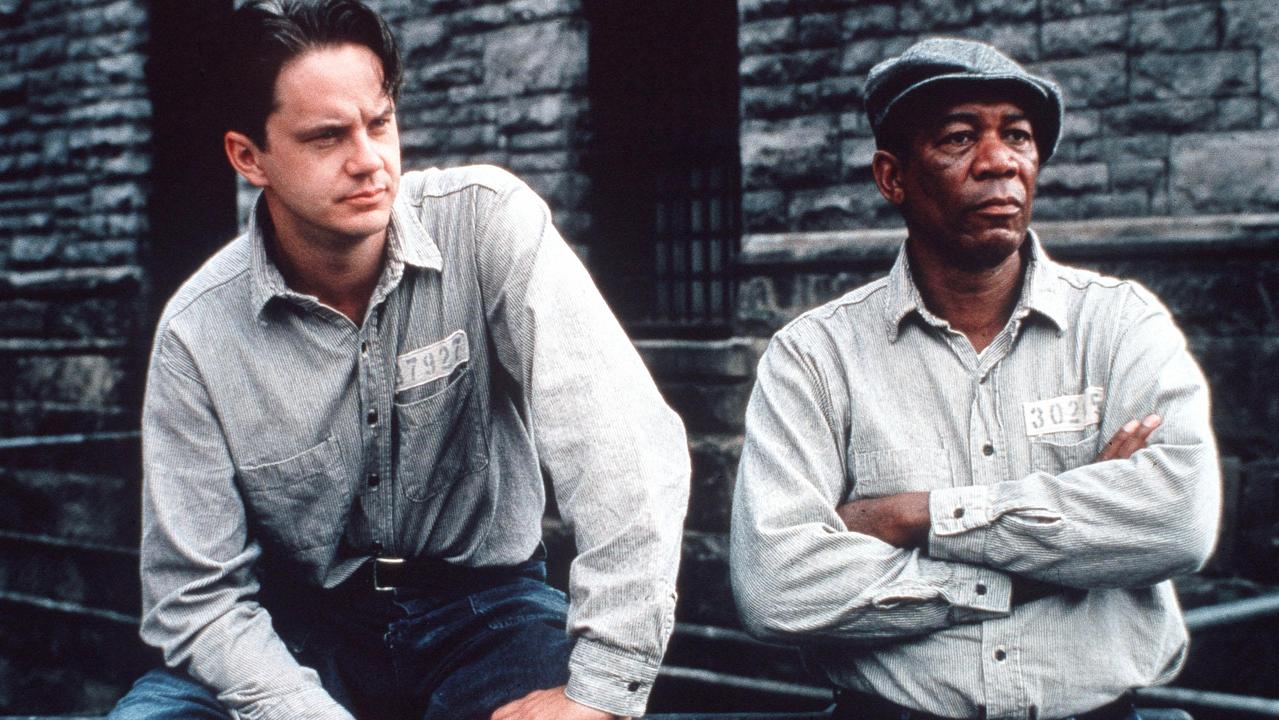
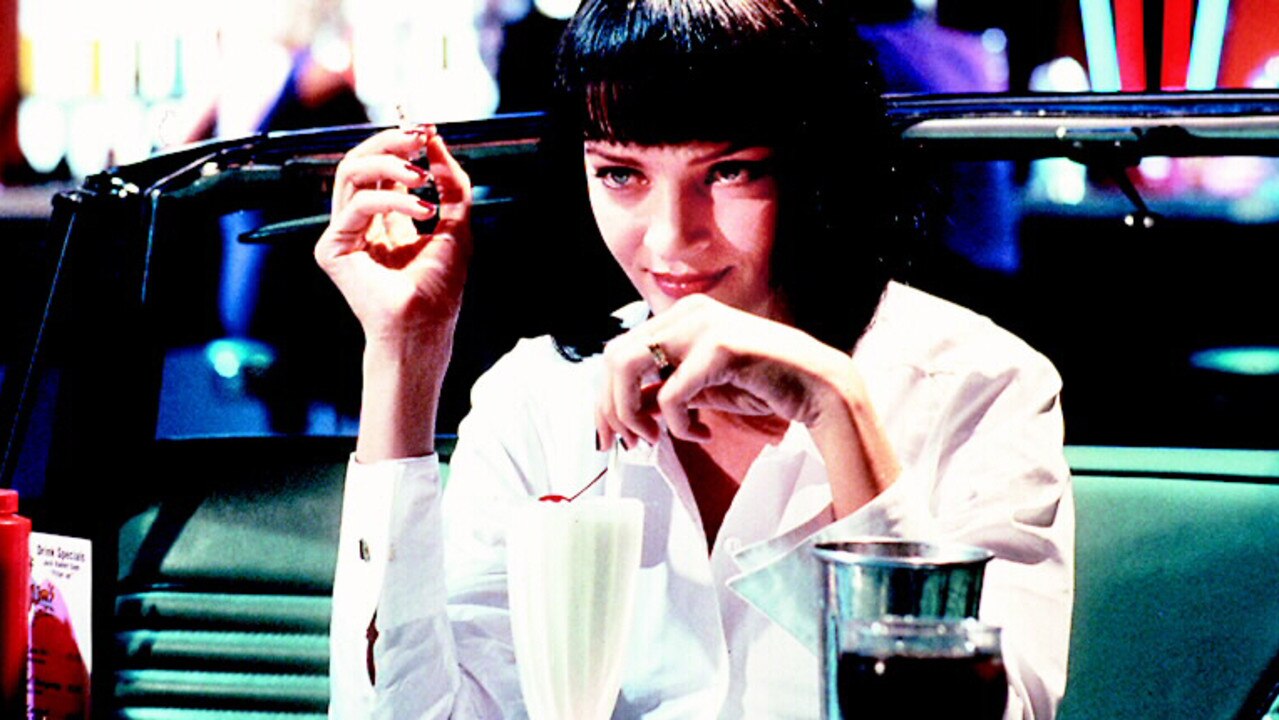
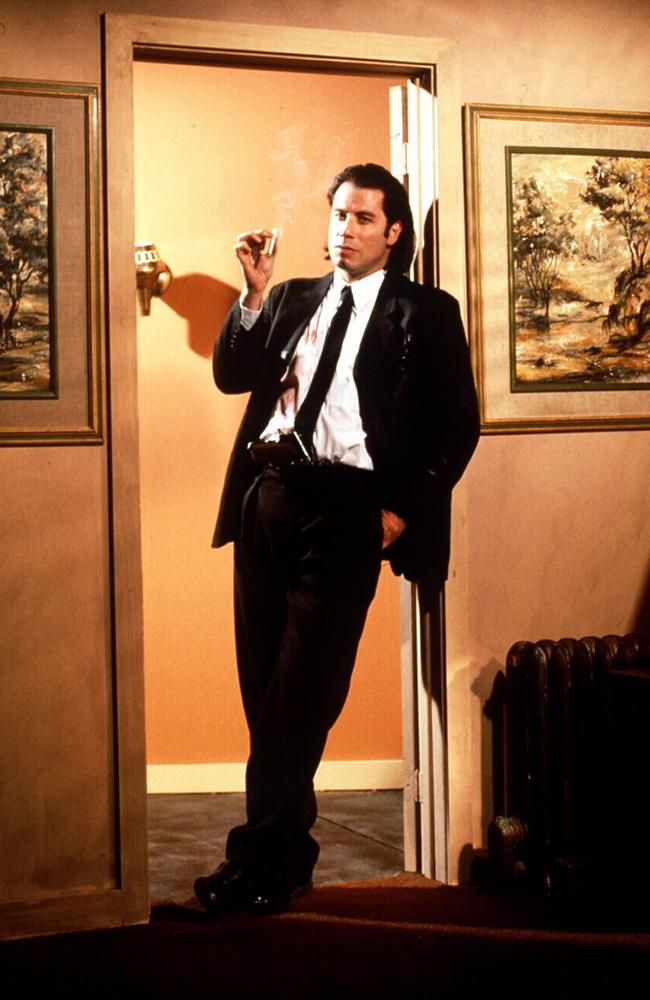
Starring Morgan Freeman and Tim Robbins, it is one of the most frequently-rented films at video stores.
Pulp Fiction was Quentin Tarantino’s second major film with four intertwined tales of a hitmen, a boxer, a gangster and his wife and a pair of bandits.
It won the Palme d’Or at Cannes, the highest prize awarded at the Cannes Film Festival.
Shawshank’s Freeman was up against Hanks for best actor, and it had six other nominations. It won none.
Pulp Fiction had seven Oscar nominations, and won only for best screenplay written directly for the screen.
It won best screenplay at the Golden Globes and the BAFTAs, and best picture, director, screenplay, supporting actor, sound and editing at the 20/20 Awards.
At the Oscars, Forrest Gump won six Academy Awards, including best picture, best director, and best actor for Hanks, who had won for Philadelphia Story the previous year.
1991
Winner: Dances With Wolves. Should have won: Goodfellas.
Martin Scorsese’s classic mobster film Goodfellas was a critical success and stands the test of time as a superior film to Kevin Costner’s ponderous Dances With Wolves.
DWW did ten times what Goodfellas did at the box office, and was nominated 12 times and would end up taking home most of the awards.
Featuring beautiful scenes of the American mid-west, Costner’s directorial debut fit the Academy mold of being a worthy subject.
Costner plays a civil war soldier who chooses to live with Sioux Indians who name him Dances With Wolves and allow him to live with them, and what ensues when the US Army turns up.
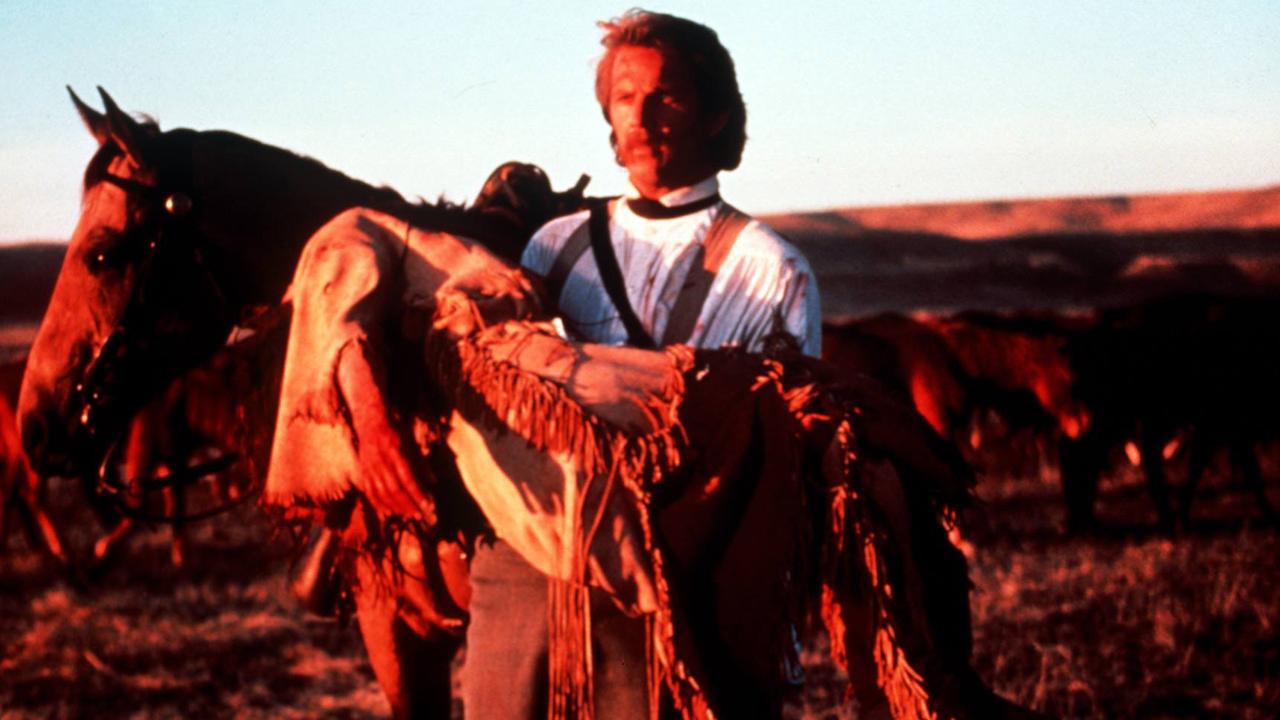
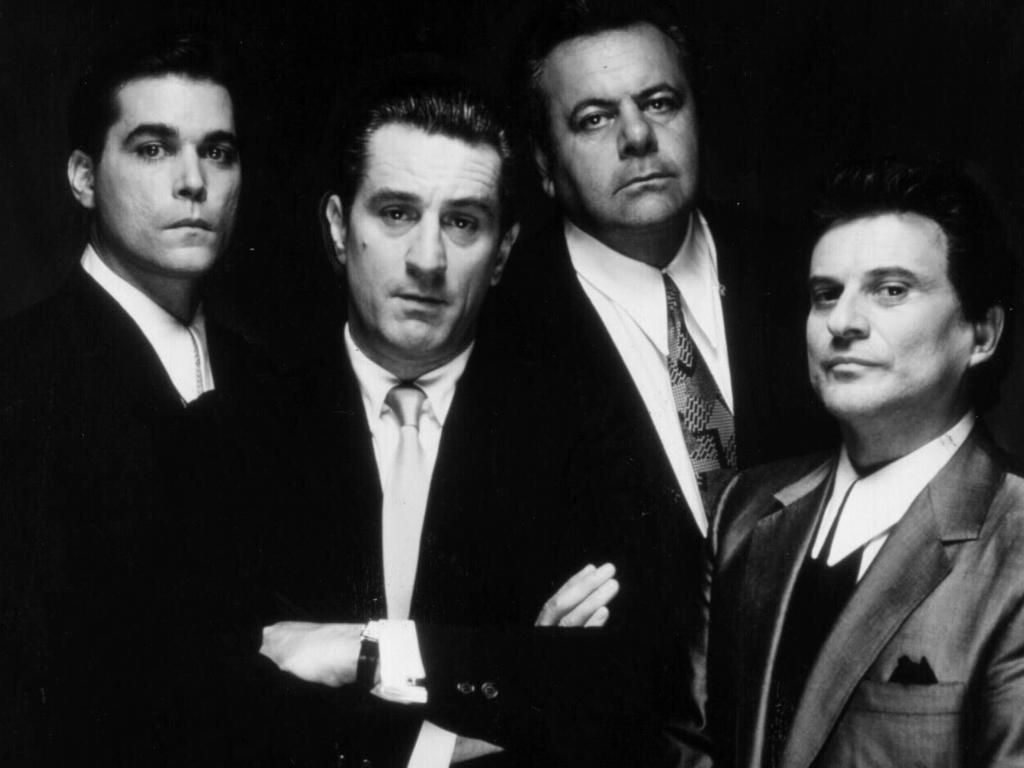
Goodfellas, considered ahead of its time, follows the life of a young mafia member in Brooklyn into his middle age in the mob.
Starring Robert De Niro, Ray Liotta, Joe Pesci and Lorraine Bracco, it is regarded as one of the greatest gangster films ever made.
It has been widely copied.
Nominated for Best picture, director, editing, screenplay, and supporting actress and actor, it won only for the latter, by Joe Pesci.
1990
Winner: Driving Miss Daisy. Should have won: Do The Right Thing
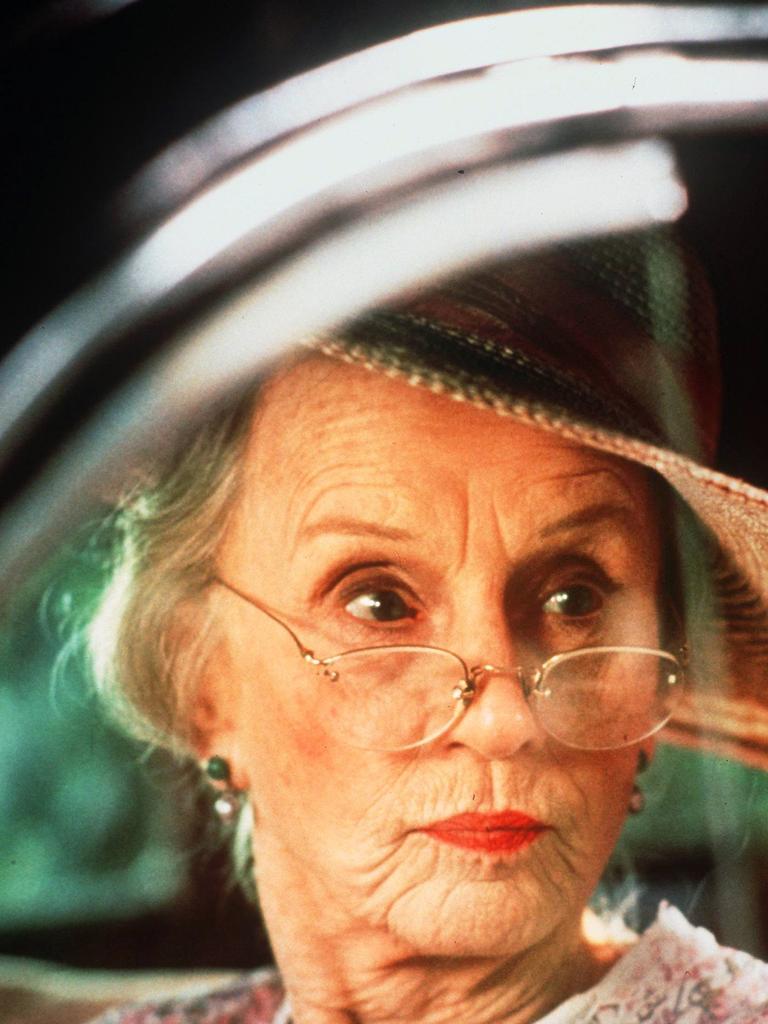
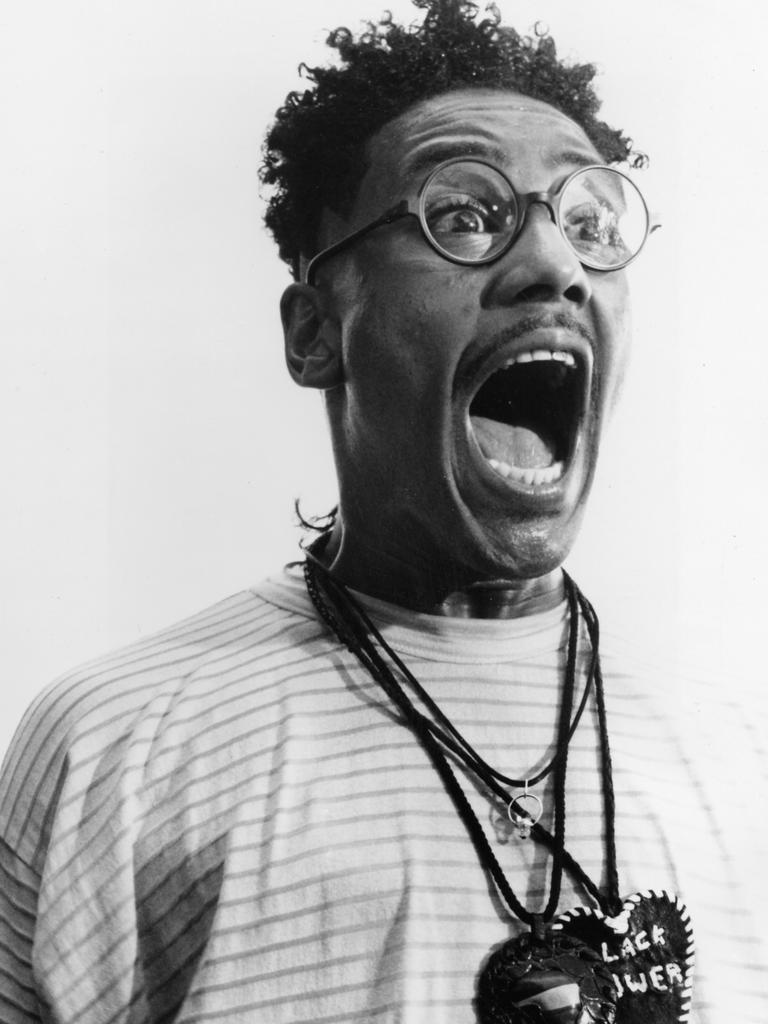
Spike Lee’s Do the Right Thing dramatised an eruption of racial tension in an impoverished Brooklyn neighbourhood on the hottest day of the year.
Despite losing narrowly to Sex, Lies, and Videotape for the Palme d’Or, the film wasn’t even nominate for best picture at the Oscars.
Driving Miss Daisy, a Southern drama-comedy about a white (although Jewish) lady and her black chauffeur, beat fellow nominees Dead Poets Society, Born on the Fourth of July and My Left Foot.
It starred Morgan Freeman as the chauffeur and Jessica Tandy, as Miss Daisy, won best actress.
Directed by Australian Bruce Beresford, who was not nominated for best director, the film seemed too much of a lightweight to carry best picture Oscar.
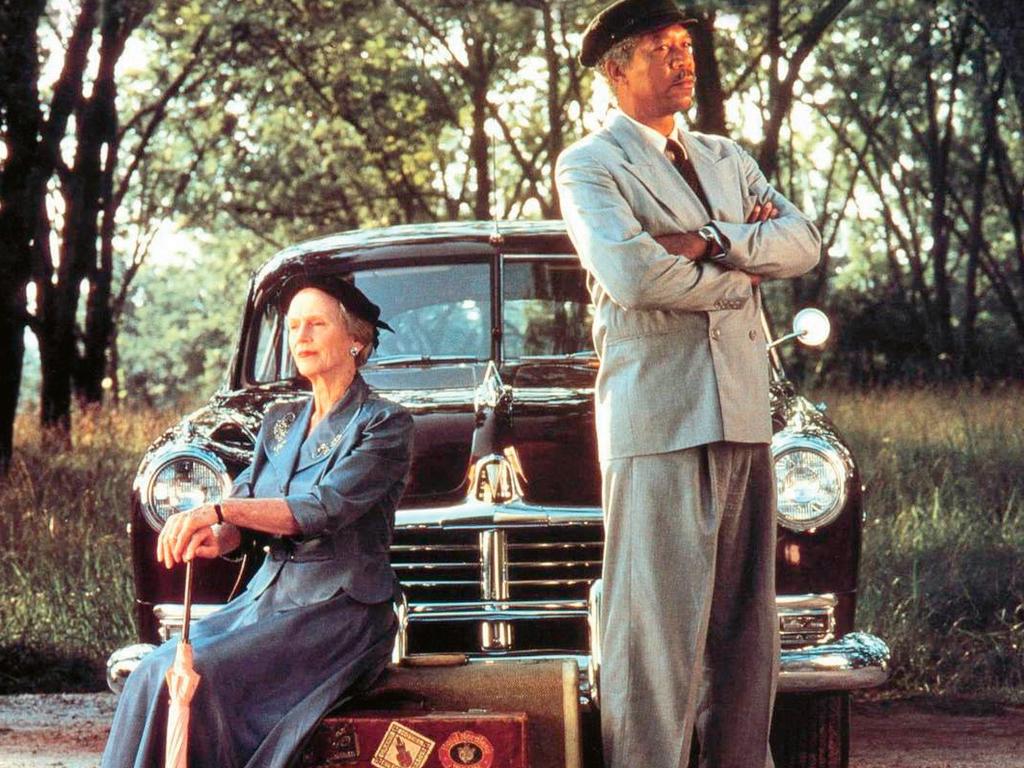
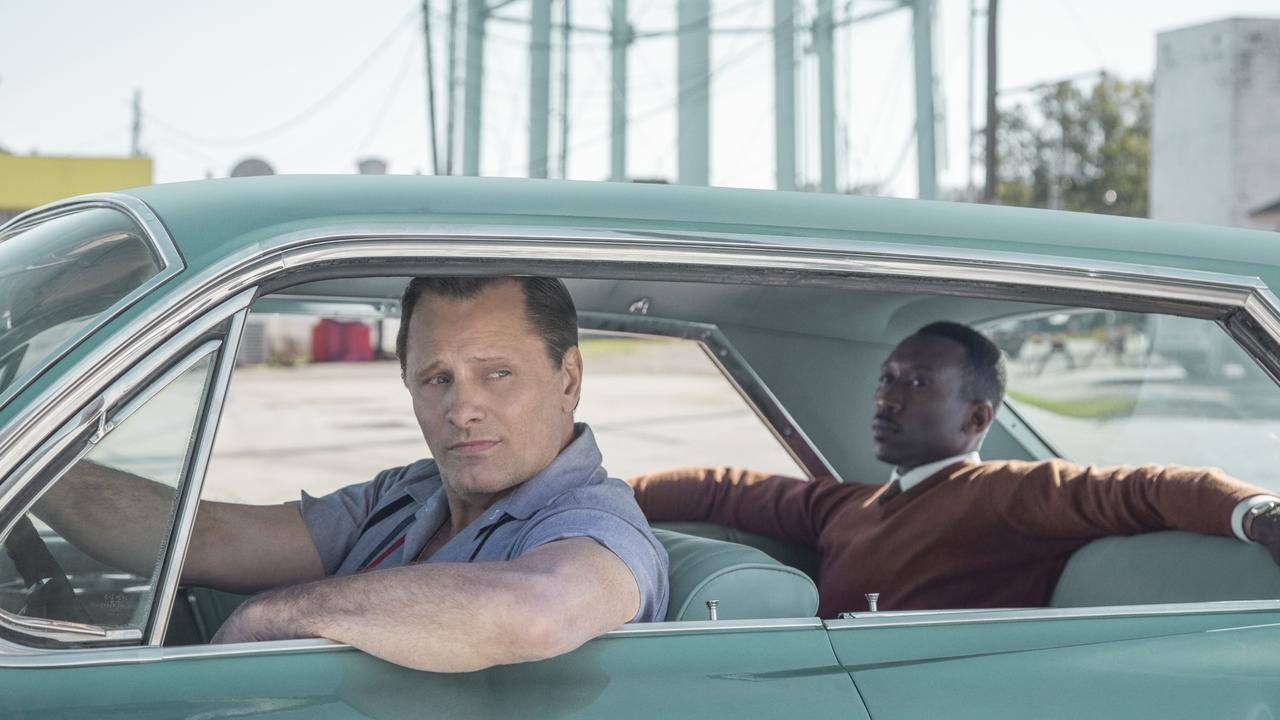
The film was about racial and ethnic prejudice, but a saccharine version.
Nineteen years later, at last year’s Oscars, the film Green Book took out best picture.
A story of the true friendship of an African American jazz musician and his white, Italian chauffeur, the film beat contenders including Spike Lee’s race drama BlacKkKlansman.
While many considered Green Book a shock upset, the Netflix epic Roma, about domestic workers in 1970s Mexico City, was considered the shoo-in.
Lee’s confrontational BlacKkKlansman, about an African American detective who sets out to infiltrate the Ku Klux Klan, was not a front runner.
But after Green Book’s win, Spike Lee stormed out of the Oscars and, hilariously, told reporters: “I’m snakebit. Every time someone’s driving somebody, I lose.”
Lee did win the Oscar for best adapted screenplay for BlacKkKlansman.
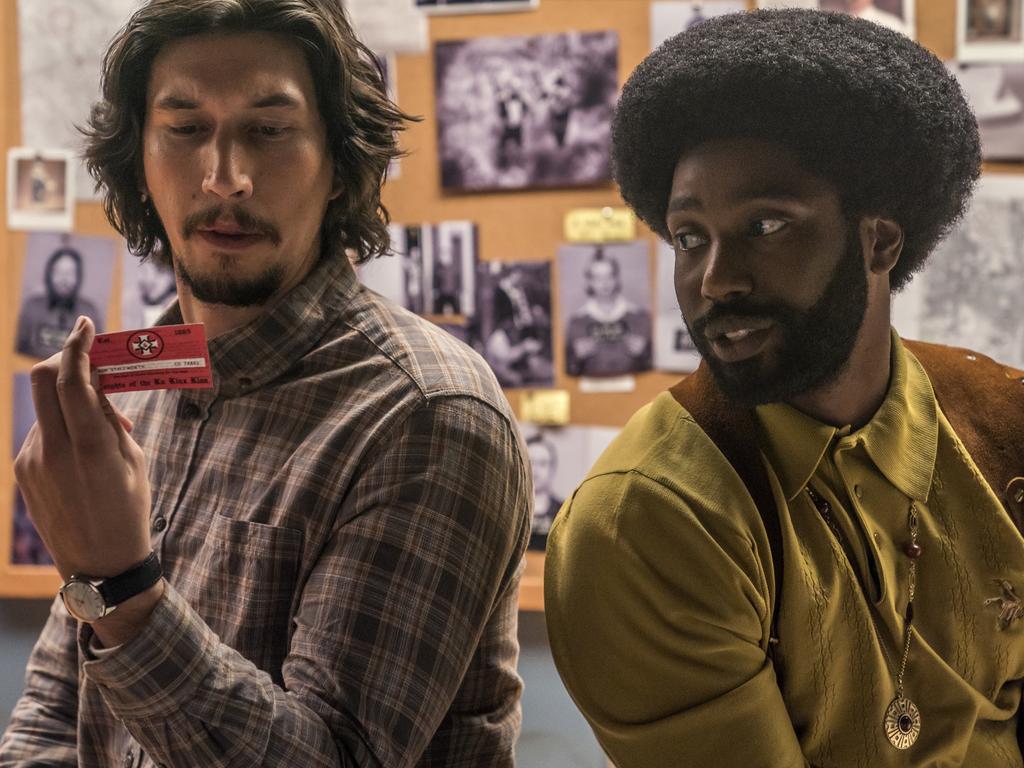
1977
Winner: Rocky. Should have won: All the President’s Men, Network or Taxi Driver.
Sylvester Stallone’s low-budget, simplistic, feel-good boxing film knocked three magnificent films out of the park and went on to spawn scores of sequels and copycats.
Rocky told the Cinderella story of uneducated but kind-hearted working class boxer Rocky Balboa (Stallone) who becomes the wildcard opponent to world heavyweight champion Apollo Creed.
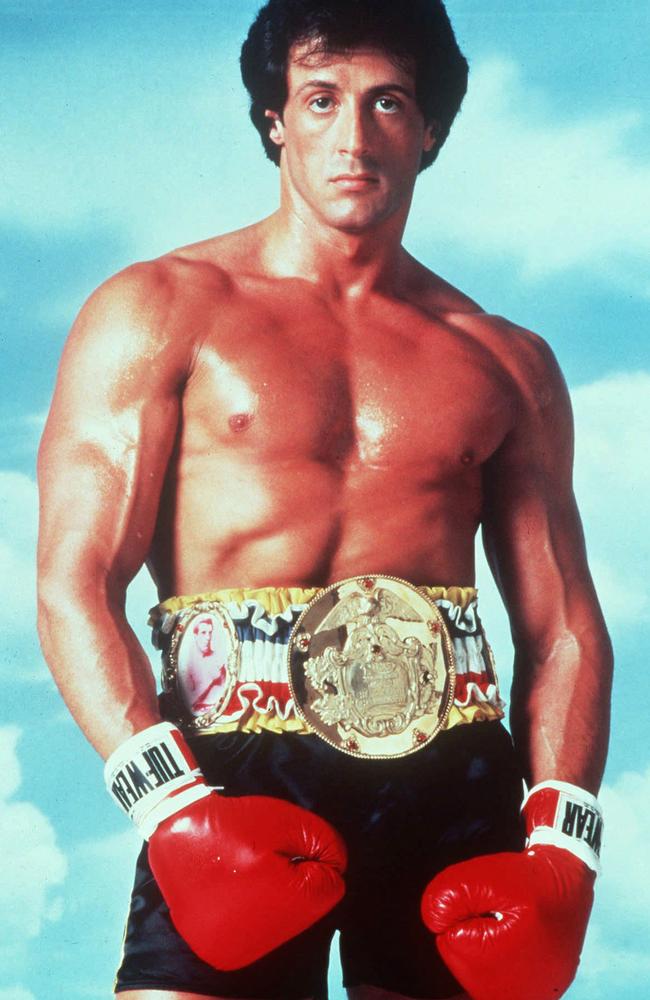
Rocky wins the girl. As to whether he wins the fight, if you haven’t seen the movie, I ain’t going to spoil it.
Made on a $1m budget, it became the highest grossing film of 1976, and won three of its ten Oscar nominations.
And it beat these wonderful films worth renting any night of the week:
Taxi Driver
Scorsese’s cinema noir thriller set in post-Vietnam War era New York is about a warped taxi driver who plans to assassinate a presidential candidate.
It had a stellar cast including Robert De Niro, Cybill Shepherd, Harvey Keitel, and a 12-year-old Jodie Foster as an underage prostitute.
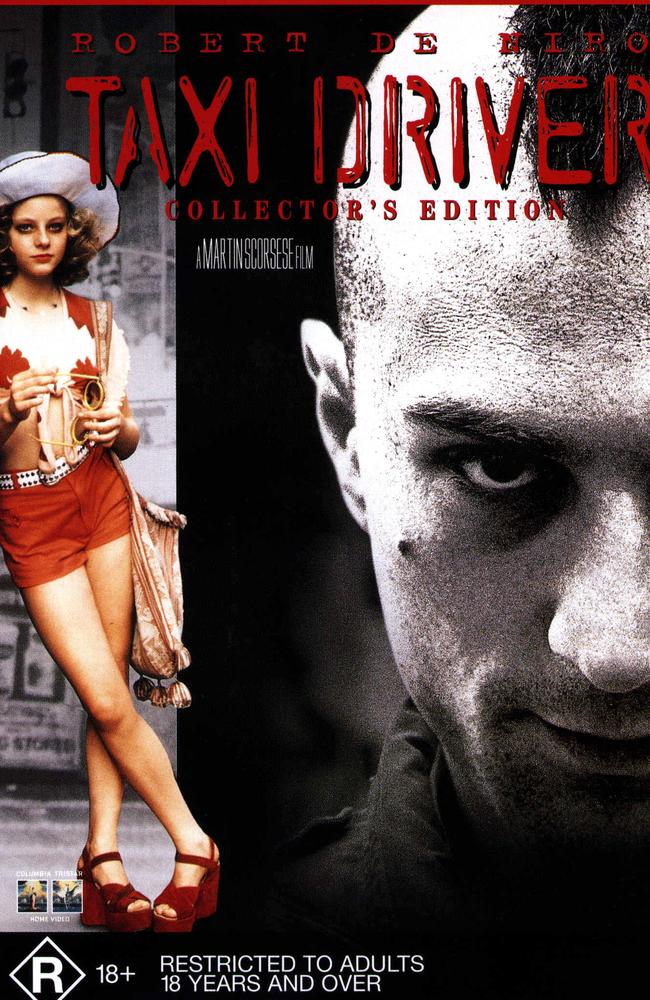
Both critically and commercially a hit, Taxi Driver won the Palme d’Or at Cannes, three BAFTAs and eleven other awards.
It was quadruply nominated at the Oscars for best picture, best actor for De Niro, best supporting actress for Foster, a and best original score and won none.
All The President’s Men
The political thriller about the Watergate scandal starring Robert Redford and Dustin Hoffman as the groundbreaking Washington Post reporters Bob Woodward and Carl Bernstein is still a great film today.
Nominated in multiple Academy Award, BAFTA and Golden Globe categories, it was mostly snubbed by the Oscars, where it won only for best sound and best art direction.
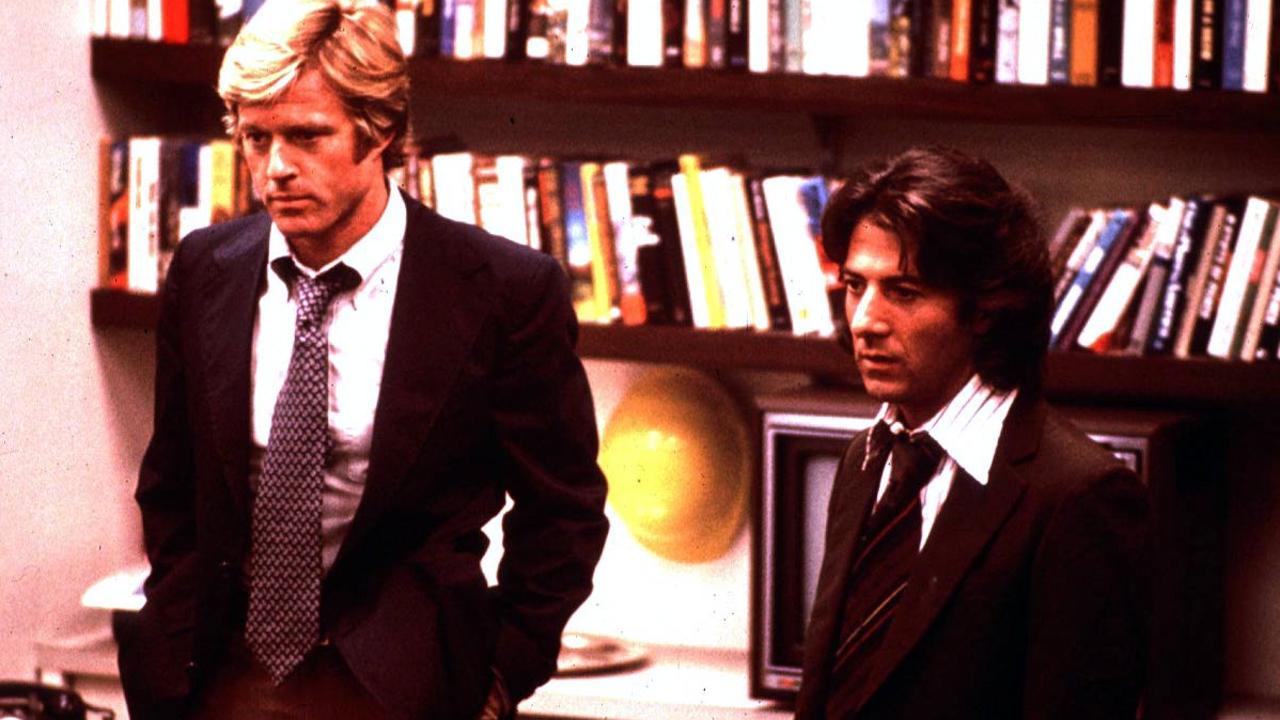
ATPM won best picture, director and supporting actor at the New York Film Critics Awards.
It was later deemed by the Library of Congress National Film Registry to be preserved as “culturally, historically or aesthetically significant”.
Network
This biting satirical drama set in a fictional TV network is memorable for the scene when Peter Finch, as news anchor Howard Beale, puts his head out the window and yells “I’m as mad as hell and I’m not going to take this anymore”.
The TV broadcaster UBS is struggling in its news ratings and Beale announces on air he will commit suicide during the next night’s broadcast.
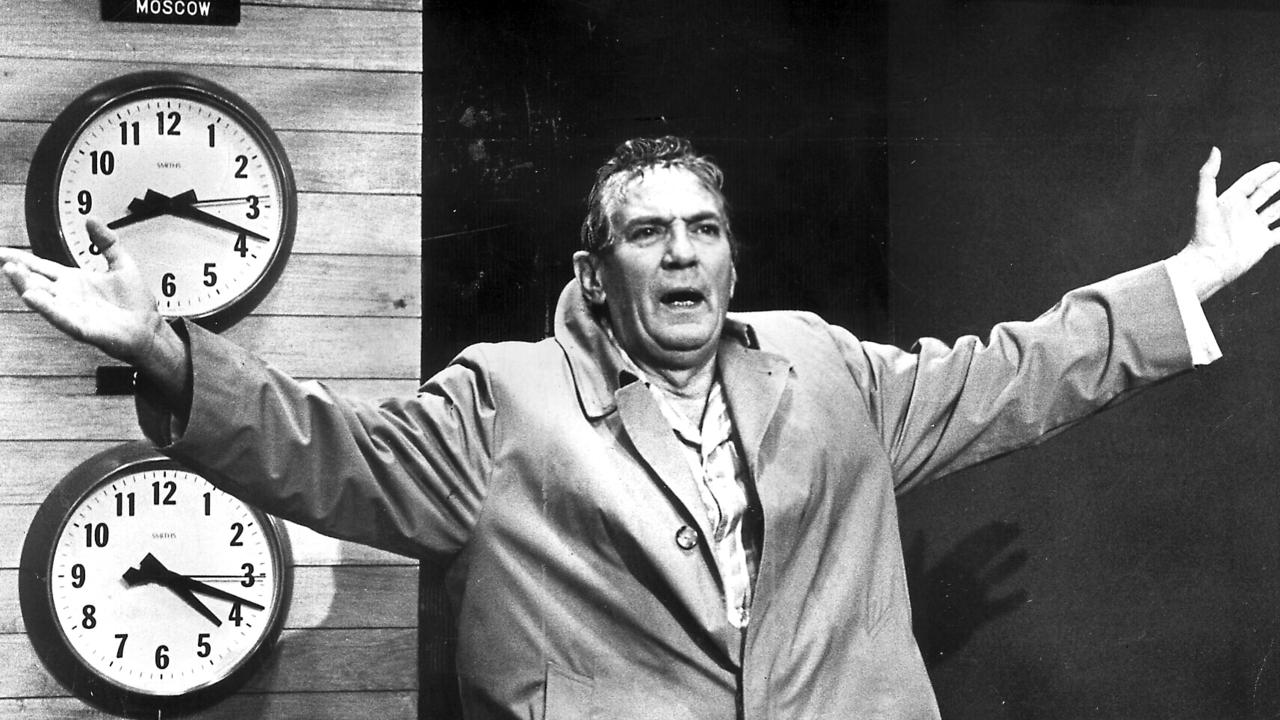
Ratings rocket and Beale becomes a mad “prophet of the airwaves; Faye Dunaway is memorable as the ruthless ratings ravenous executive.
Directed by the legendary Sidney Lumet, the film caused a sensation on its release with its themes of the rigours of modern life.
It was nominated for ten Oscars, and won four including for Dunaway and Finch.
1941
Winner: How Green Was My Valley. Should have won: Citizen Kane or The Maltese Falcon.
Way back in 1941, the Oscar best picture controversy was a case of reverse Weinstein.
It wasn’t a publicity blitz that won How Green Was My Valley (HGWMV) the Oscar, it was negative publicity steam train against Citizen Kane that lost it the statue.
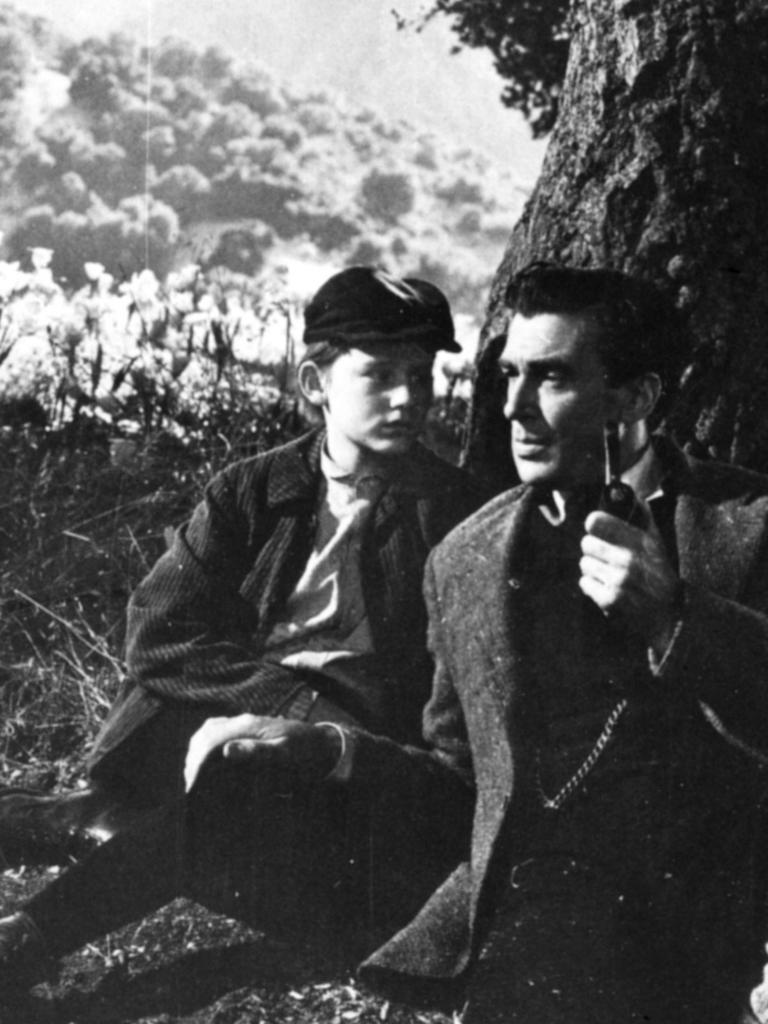
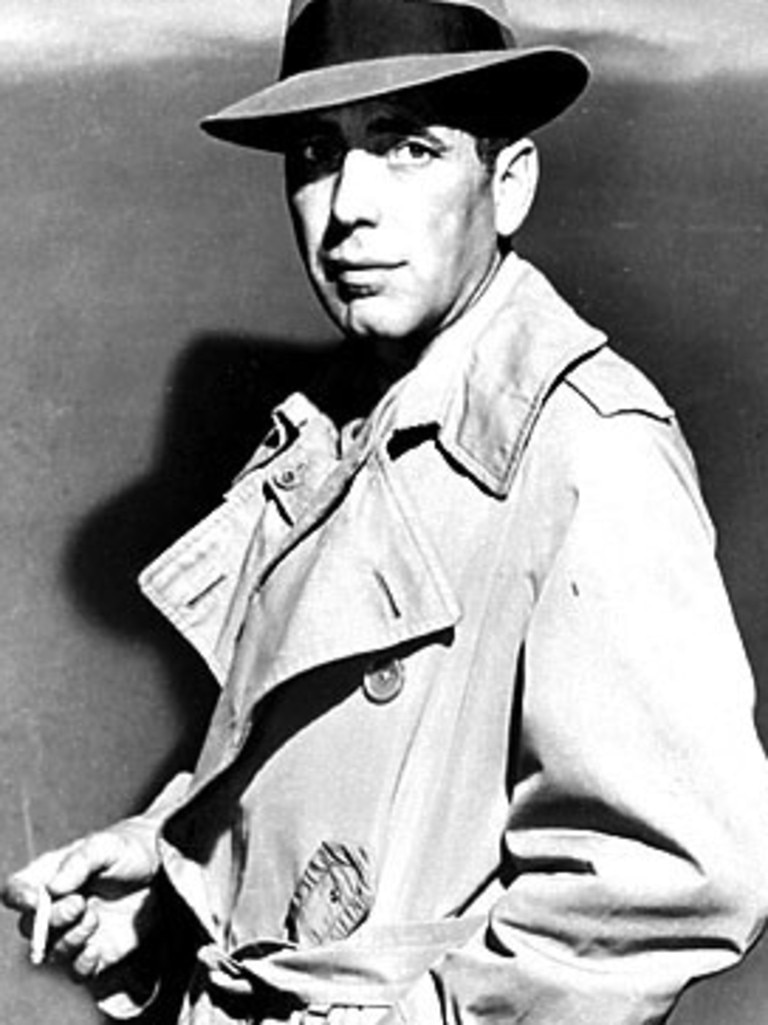
Starring Maureen O’Hara and Walter Pidgeon, HGWMV is a wholesome story of a hardworking family whose life in a Welsh mining town becomes fraught by disaster and tragedy.
Produced by Daryl F Zanuck, the film is not without merit, but it won over one of the best movies of all time, Citizen Kane, and another classic, The Maltese Falcon.
Humphrey Bogart’s classic detective movie, The Maltese Falcon today sits at number 31 on the AFI top 100 list.
Orson Welles’ masterpiece Kane had as its inspiration, real life megalomaniac press baron, William Randolph Hearst.
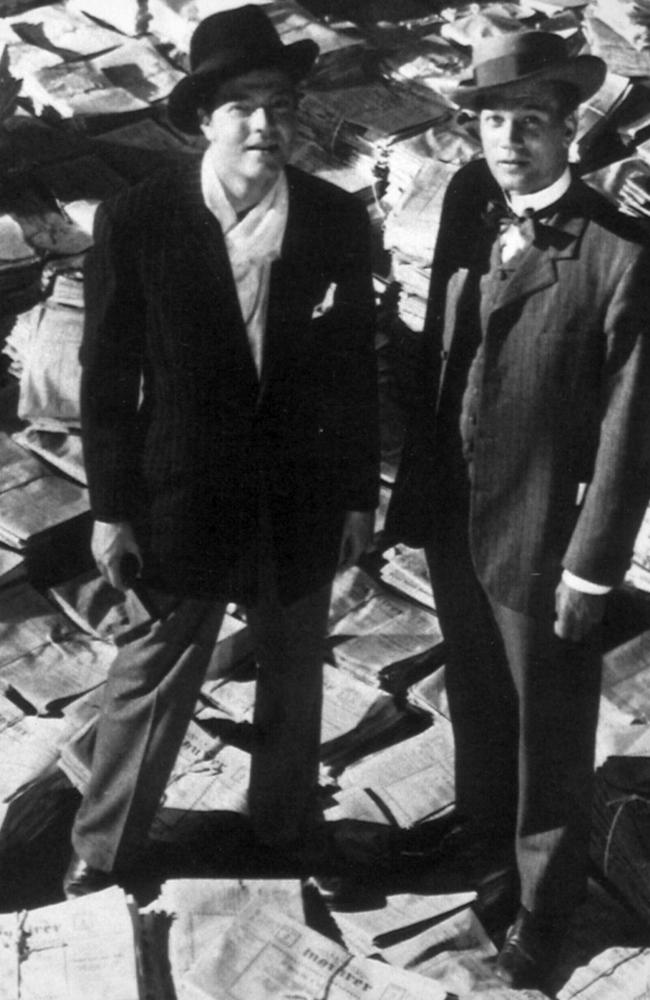
Hearst, friend of many powerful film directors and producers, forbade Kane any publicity in his newspapers and threatened to deny ad space to theatre chains who showed it.
Further, it “badmouthed” the film, stopped mentioning the film’s producer RKO or any of its other movies.
Nominate for nine Oscars, Kane only won best original screenplay.
Today, Citizen Kane is number one on the American Film Institute’s 100 greatest American movies of all time.
2020 OSCARS
Likely to win: 1917. Should win: Joker, or Once Upon A Time … In Hollywood.
So tomorrow when the Oscar for best picture goes to – if the betting is right – Sam Mendes’s war film 1917, will there be controversy?
Unlikely. 1917, after all, has taken home the top prize from the BAFTAs and the Golden Globes.
But 1917 does have its detractors, including me.
And according to US betting agencies, the South Korean film, Parasite, is a chance, but for it to win would rank as one of the more controversial Oscar upsets.
Let’s consider the best picture nominees:
Joker: Dark thriller starring Joaquin Phoenix in the comic book villain lead and Robert De Niro as the instigator in the Joker’s downfall, which has received wide acclaim.
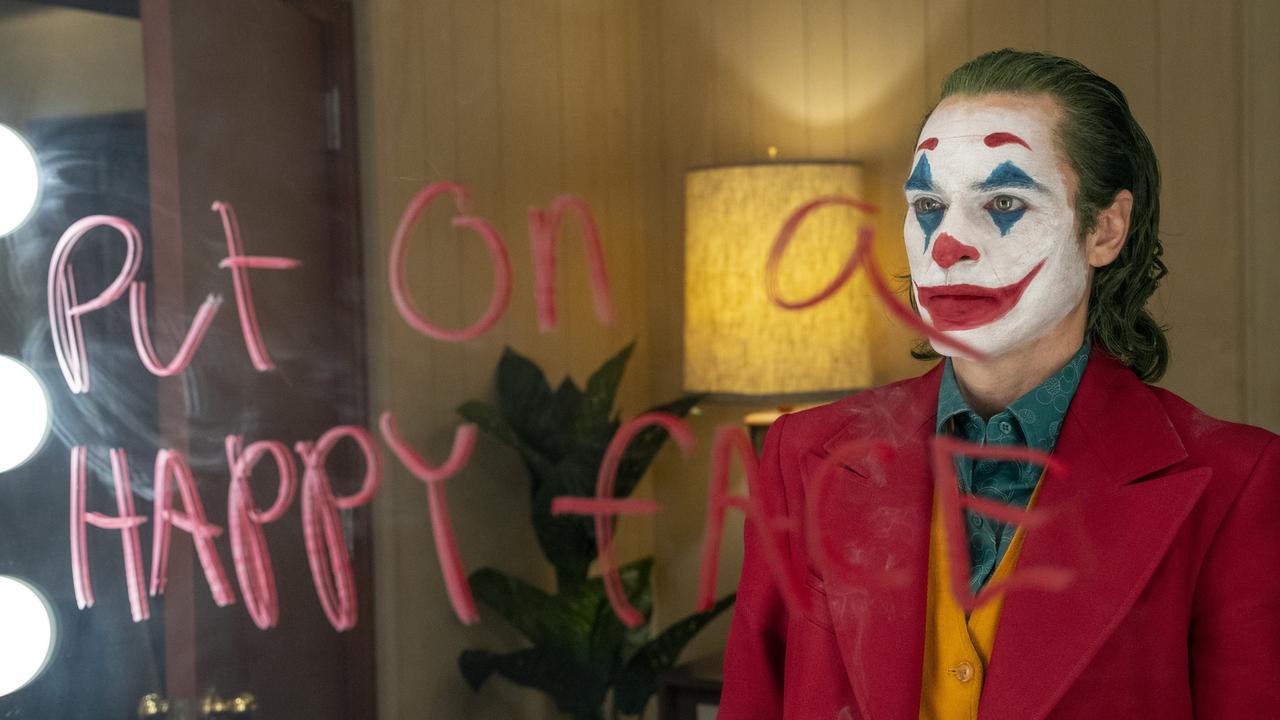
The Irishman: Martin Scorsese’s epic mobster movie starring Al Pacino, Robert De Niro and Joe Pesci has been described as “magisterial” and has already won New York Film Critics Circle Award for Best Picture.
Once Upon a Time … in Hollywood: Quentin Tarantino’s take on Sharon Tate’s murder by the Manson Family against the the backdrop of the career of a faded TV star and his stunt double.
Starring Margot Robbie, Brad Pitt and Leo DiCaprio, it is Tarantino’s first film with the backing of Harvey Weinstein and his brother Bob.
At the Golden Globes, the movie won best motion picture, musical or comedy.
Parasite: Korean black comedy thriller about a poor family which infiltrates a rich household which won last year’s Palme d’Or at Cannes.
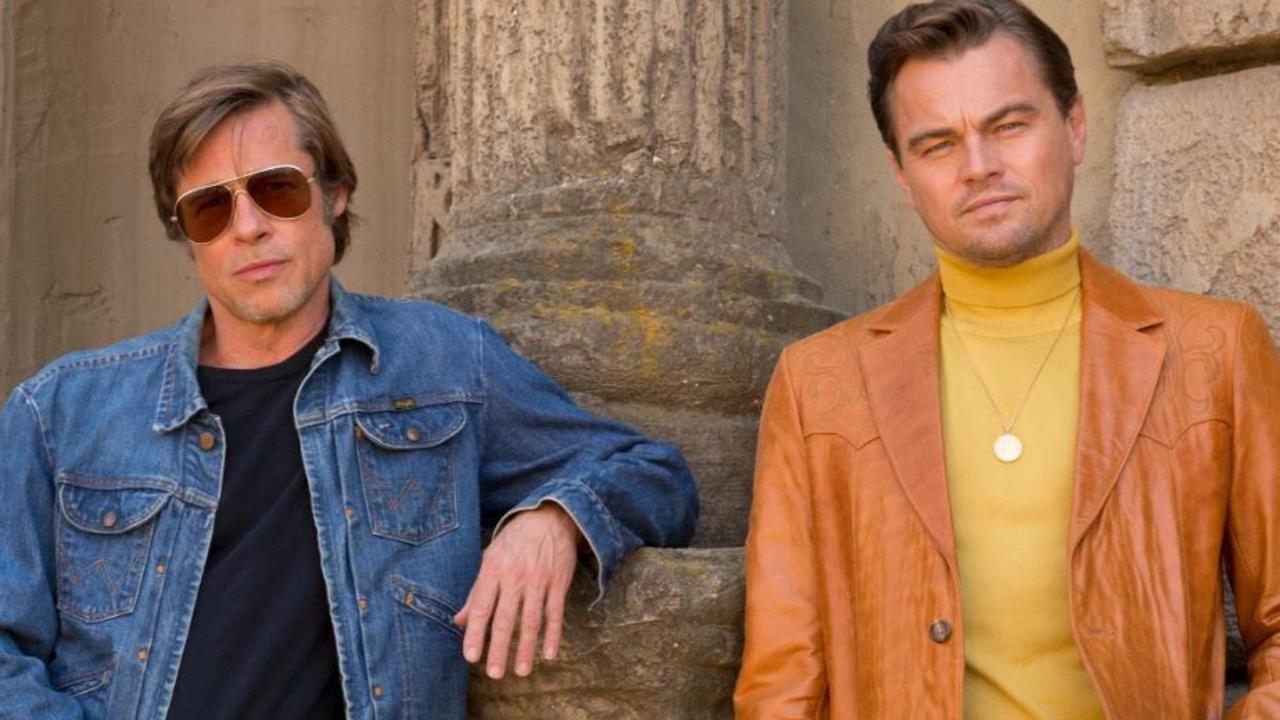
Little Women: Louisa May Alcott’s Civil War tale in its sixth film rendition has received much praise but failed to earn a best director nomination for Greta Gerwig at the Golden Globes.
Marriage Story: Starring Scarlett Johansson, this bittersweet story about an imploding marriage has received multiple nominations at the Oscars, BAFTAs. Golden Globes and other awards.
Jojo Rabbit: This story of a Hitler-loving boy living in Nazi Germany who discovers his mother is hiding a Jewish girl in their attic has received multiple nominations in Europe and the US.

1917: Sam Mendes’ World War I film follows two young soldiers dispatched to the front line to stop a doomed attack on the Germans and save lives, including that of one of the soldier’s brothers.
Hailed for its bold cinematic style of appearing to be shot in a single, continuous take, the film has been applauded for being bold and exhilarating.
At the Golden Globes it won best picture, drama, Mendes won for best director, and last weekend it picked up the BAFTA for best picture.
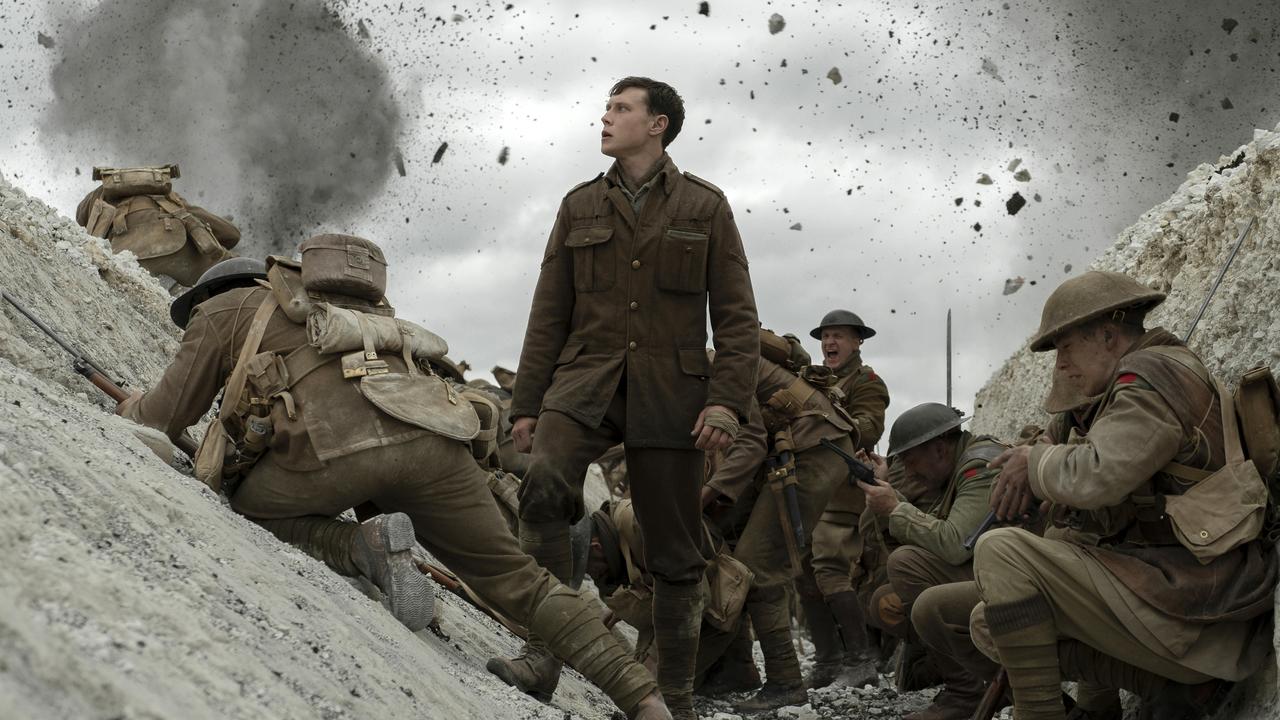
1917 now also has the shortest odds at US betting agencies to take out the Oscar.
In my humble opinion, 1917 is big, impressive and empty film which grandstands its one shot device but doesn’t let you get close to the characters or care whether they live or die.
It has improbable plot devices, like a certain pail or milk, to try and inject empathy into characters like George MacKay’s Lance Corporal Schofield.
But by the time that plays out, Schofield is in a stagy netherworld and engaging in exchanges so unlikely you can see the plot marks on the script.
He dodges more bullets seemingly than all those fired on D-Day, and near the end I was hoping one get him.
But – spoiler alert – Schofield makes it over the line, and Sam Mendes’ flick will no doubt do the same.
It might be unfair to suggest that the Academy’s members best picture Oscar choice relates back to shame for Harvey Weinstein seducing them into dumping that other war film about brothers in favour of Shakespeare in Love.
And that, traumatised by the recent court descriptions of his genitals and wishing to assuage their guilt, they are giving it to this war movie about brothers to make up for Saving Private Ryan.




